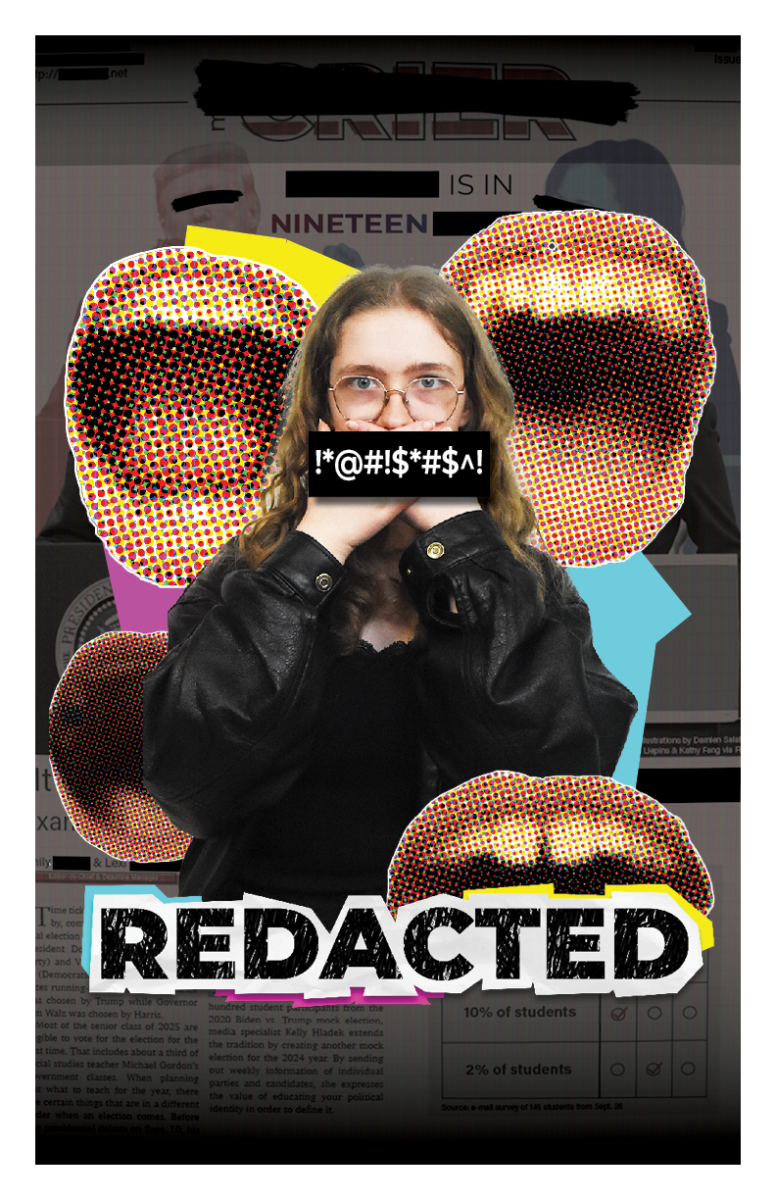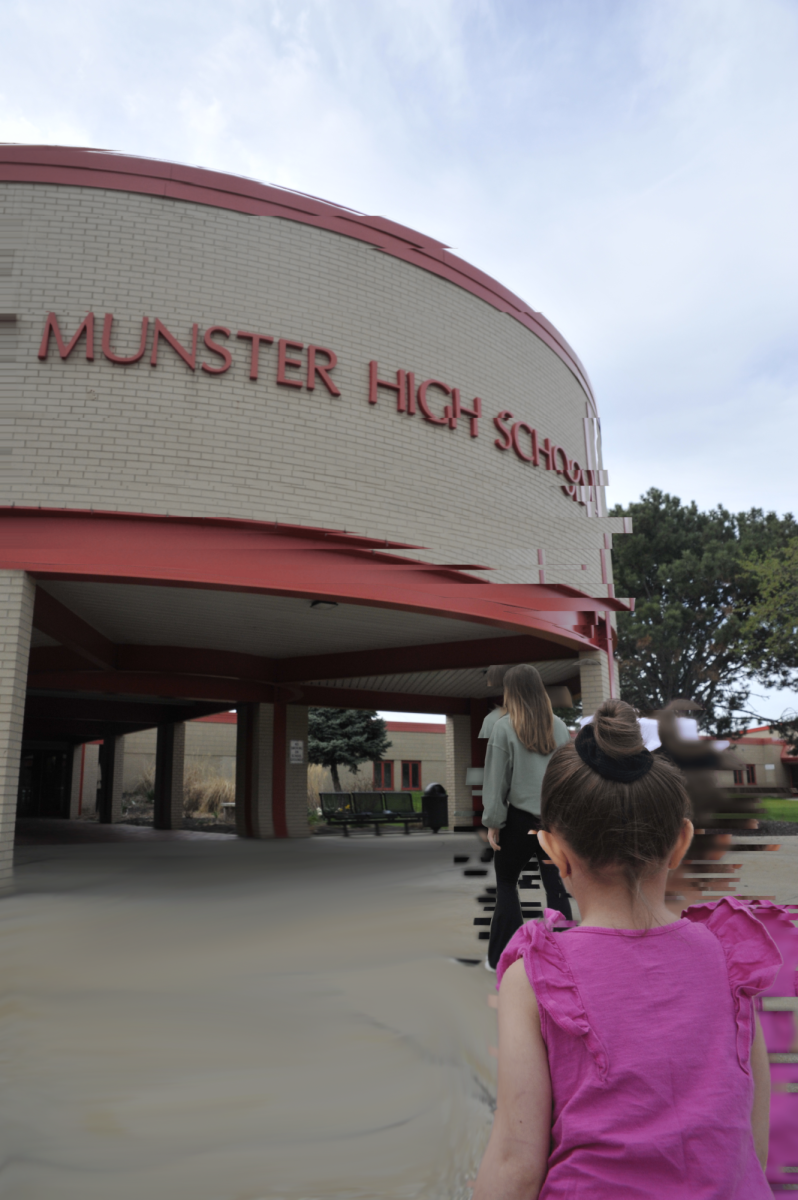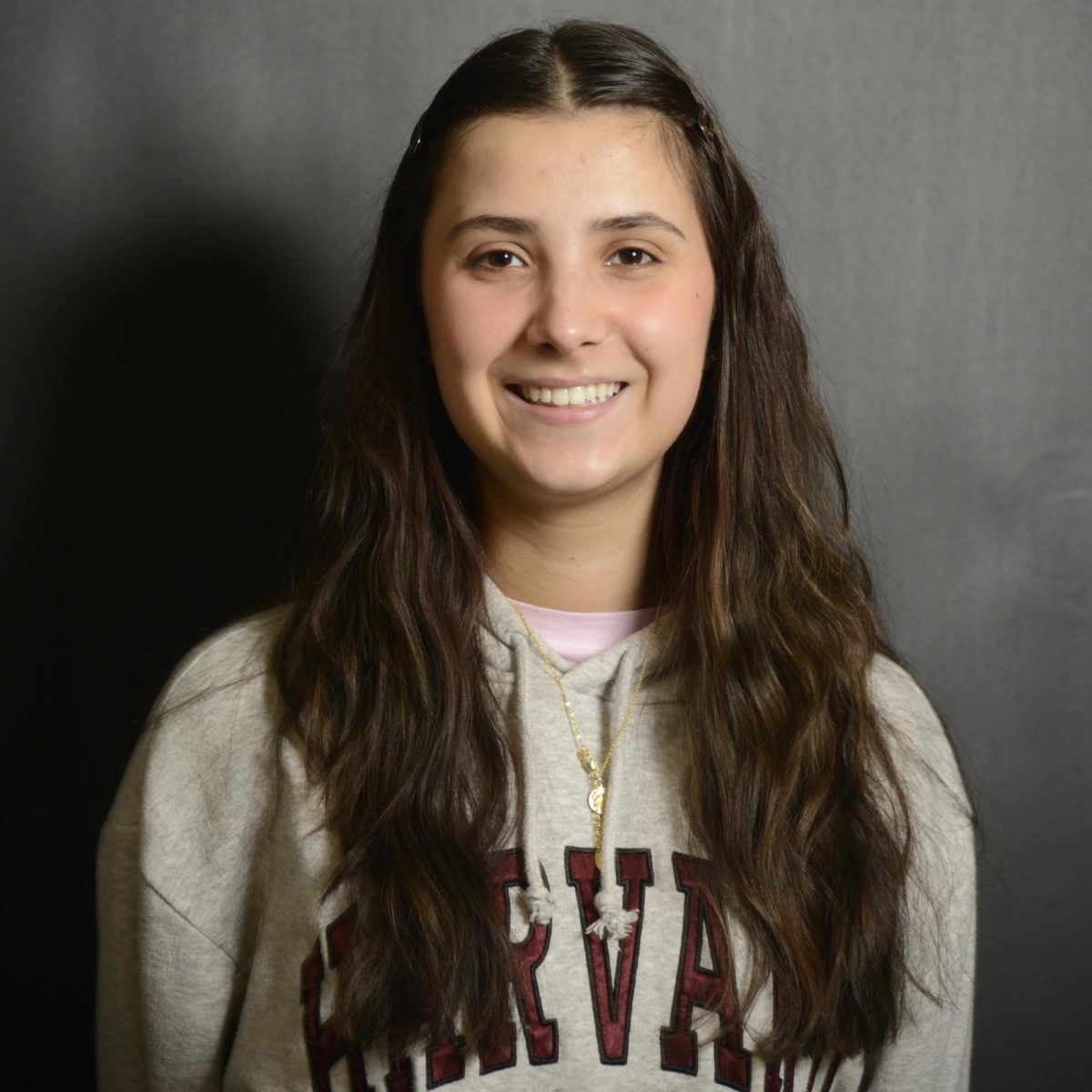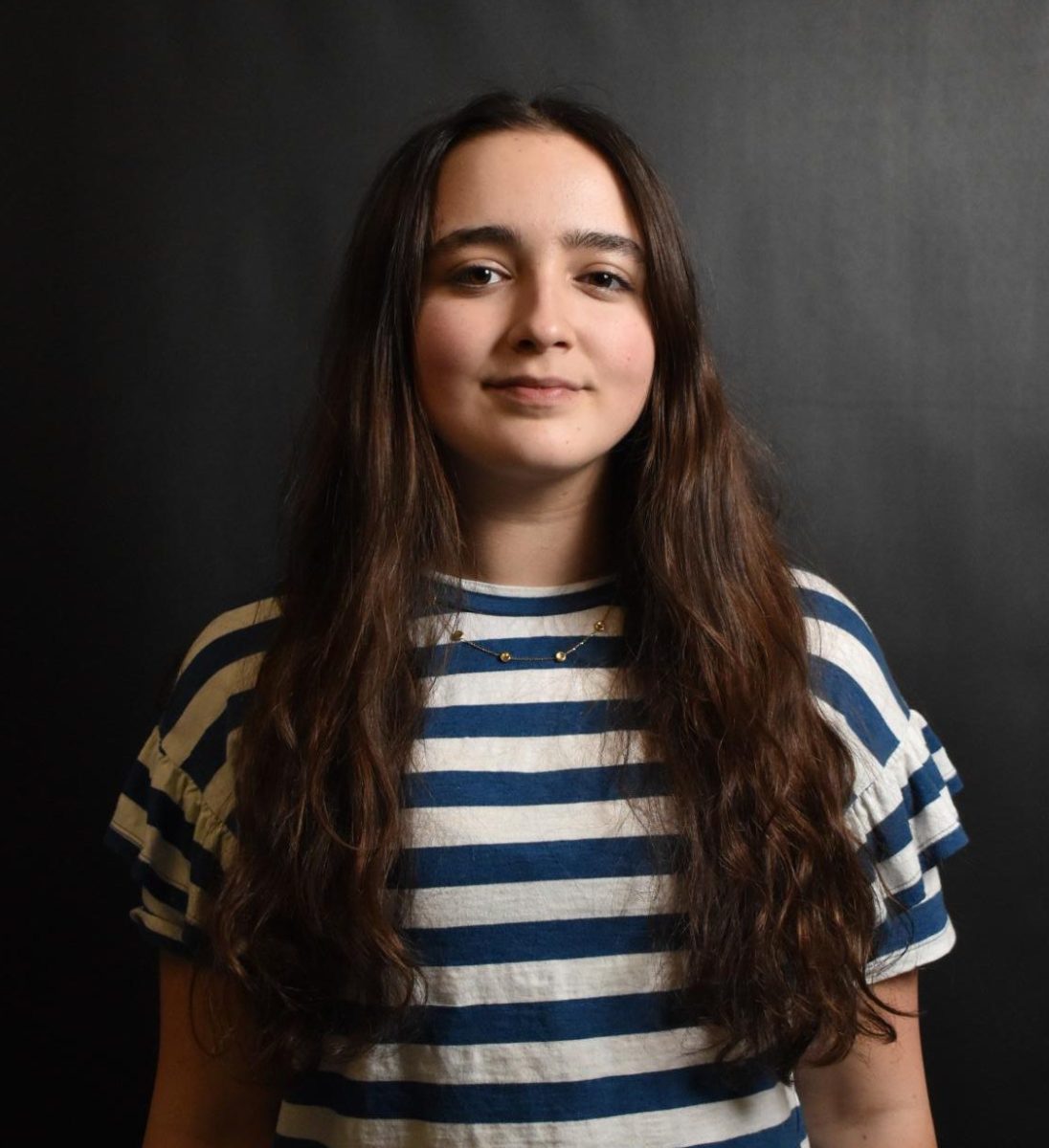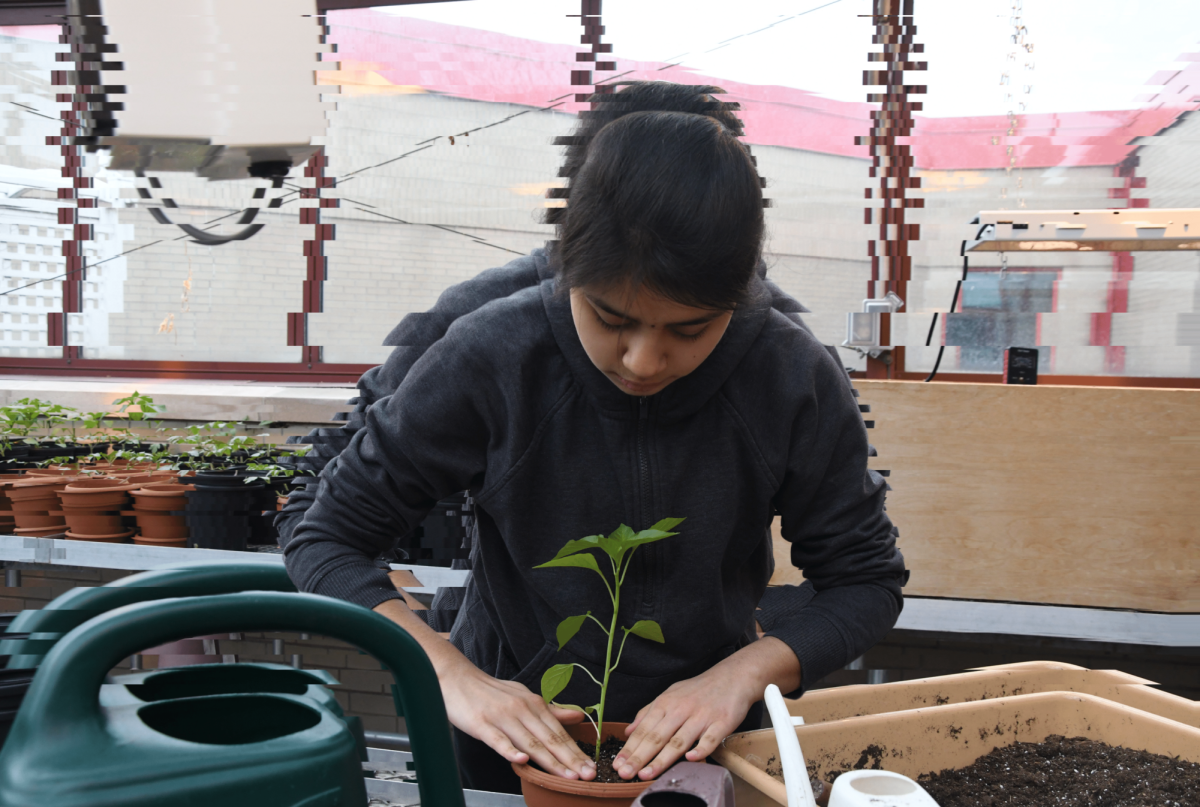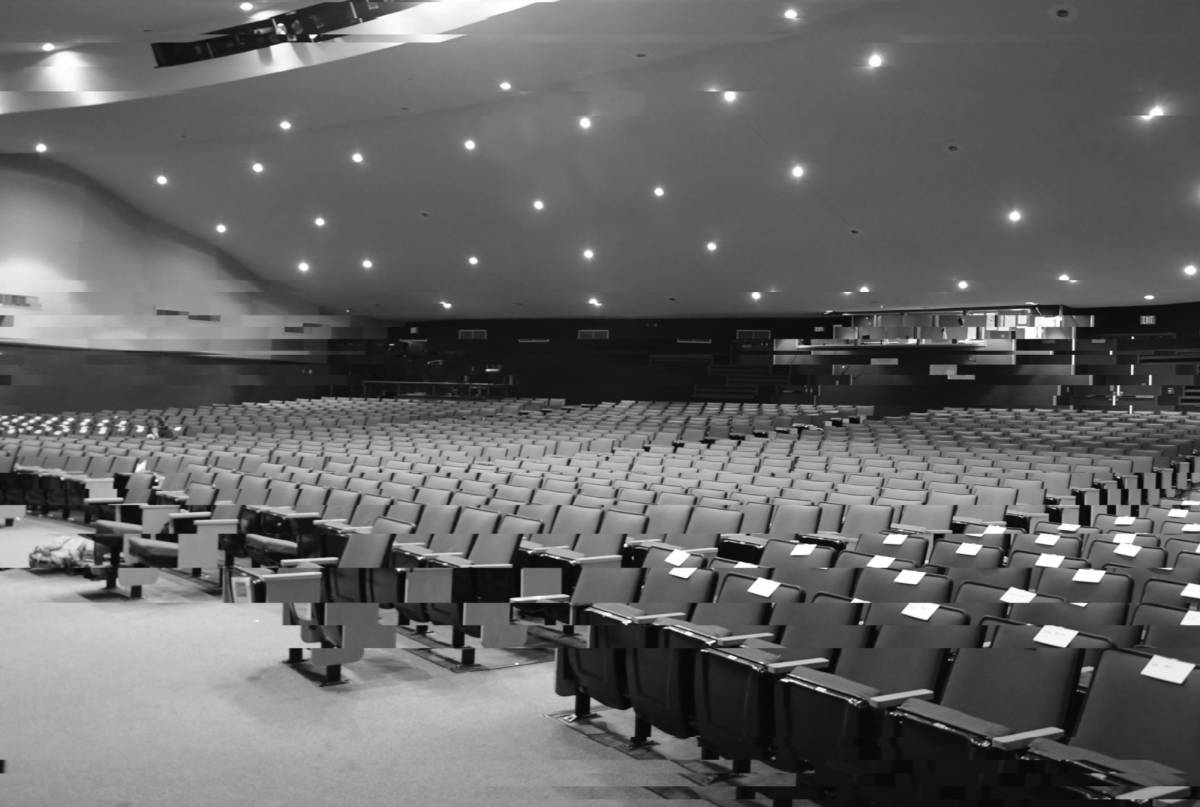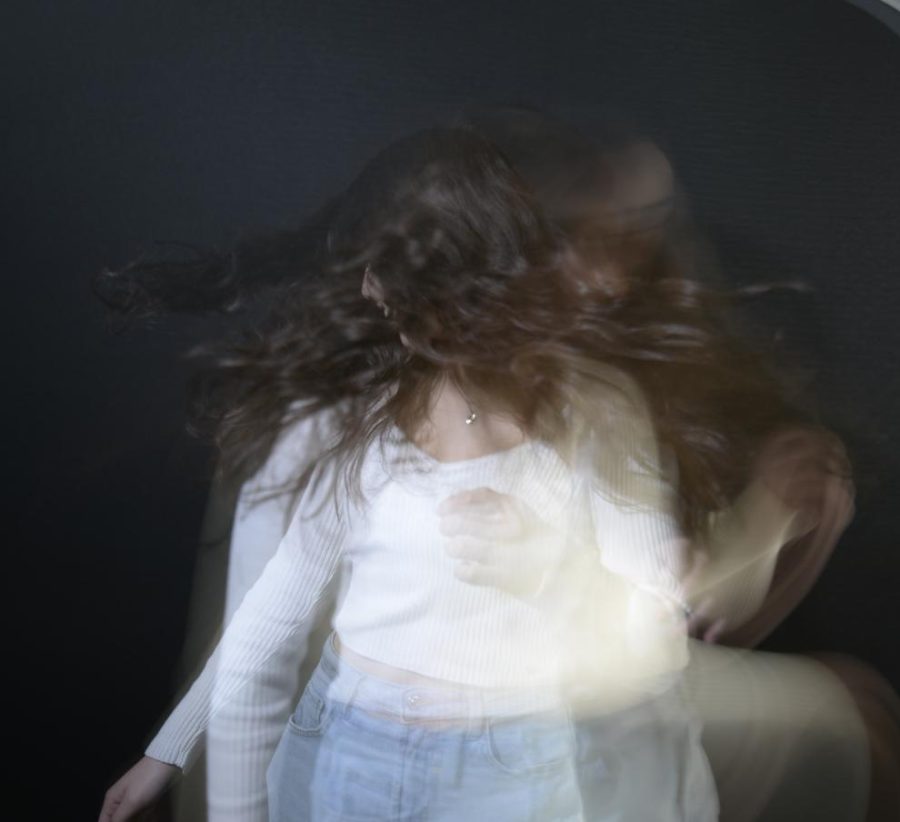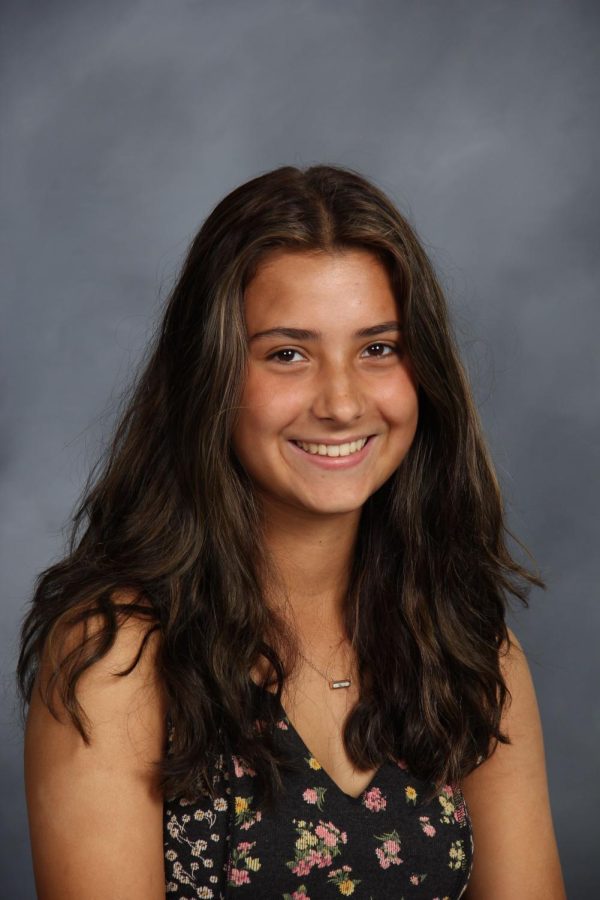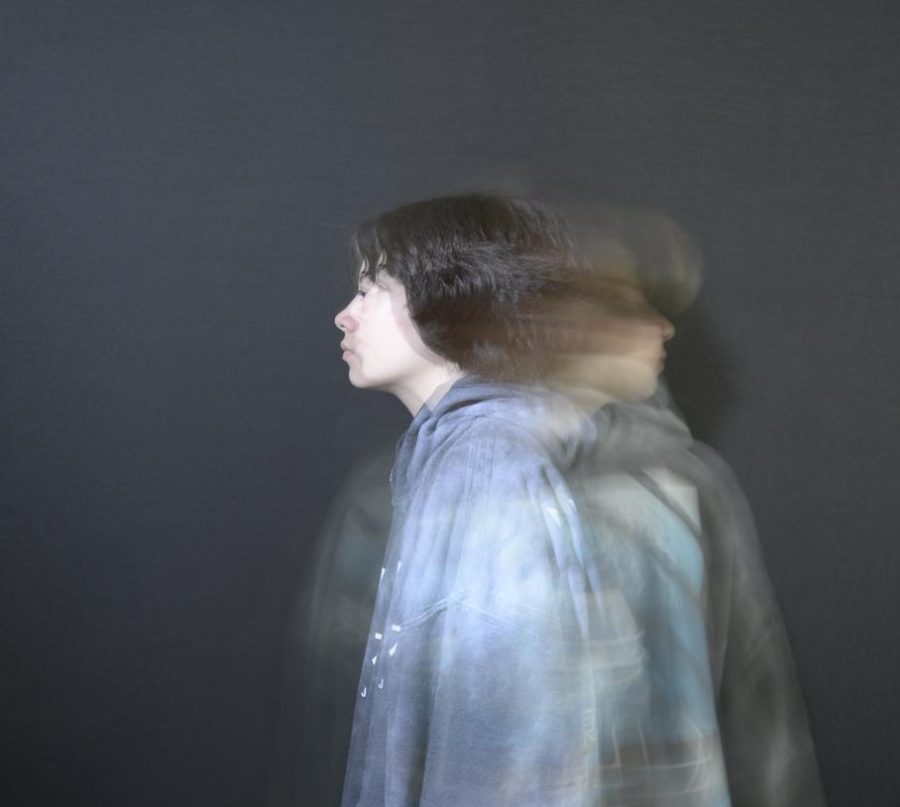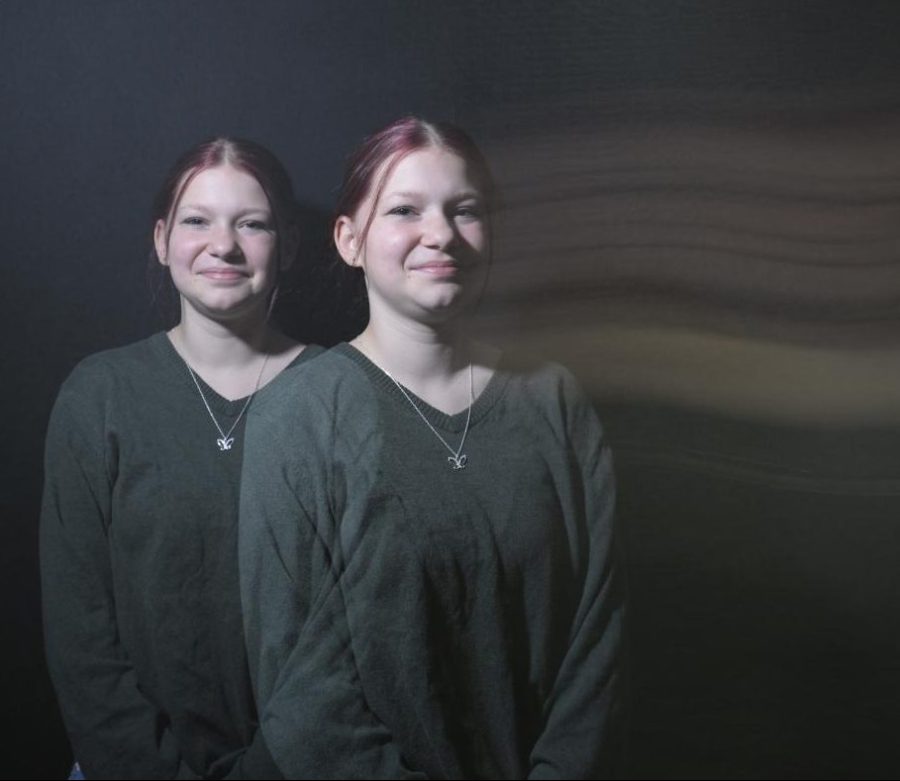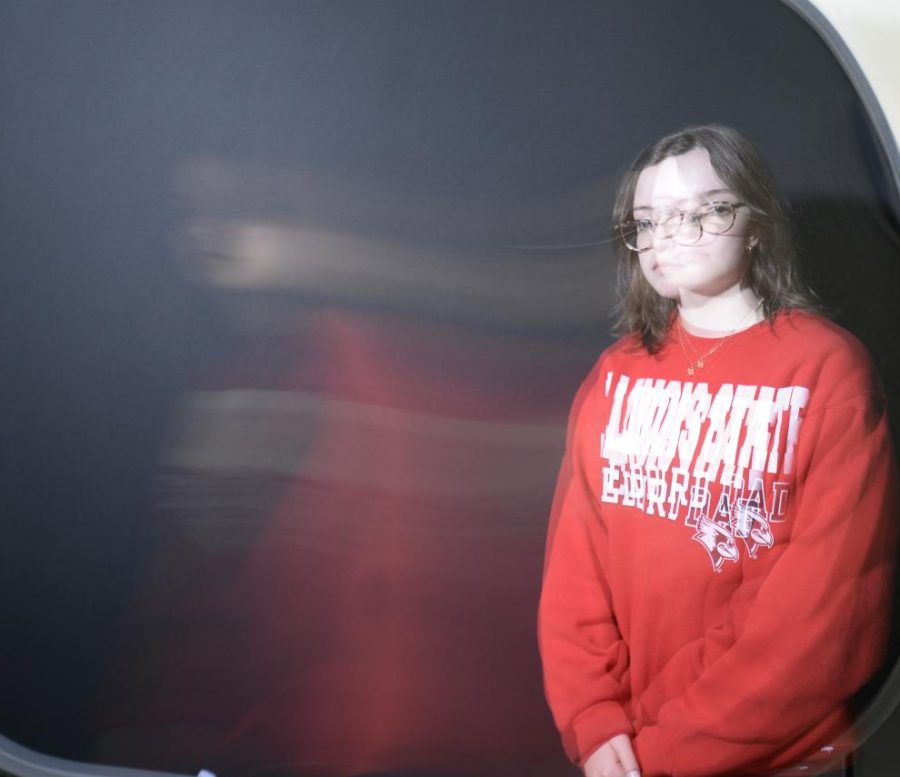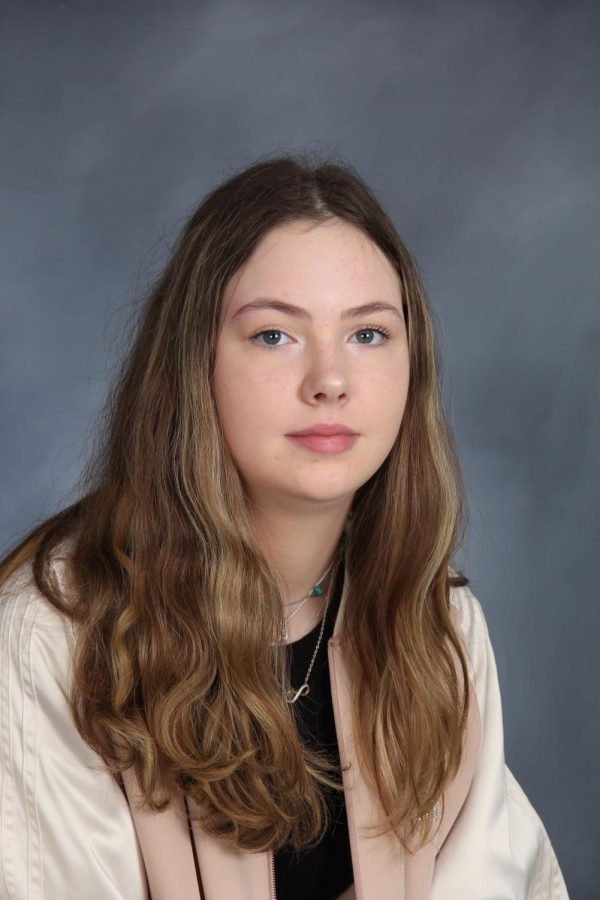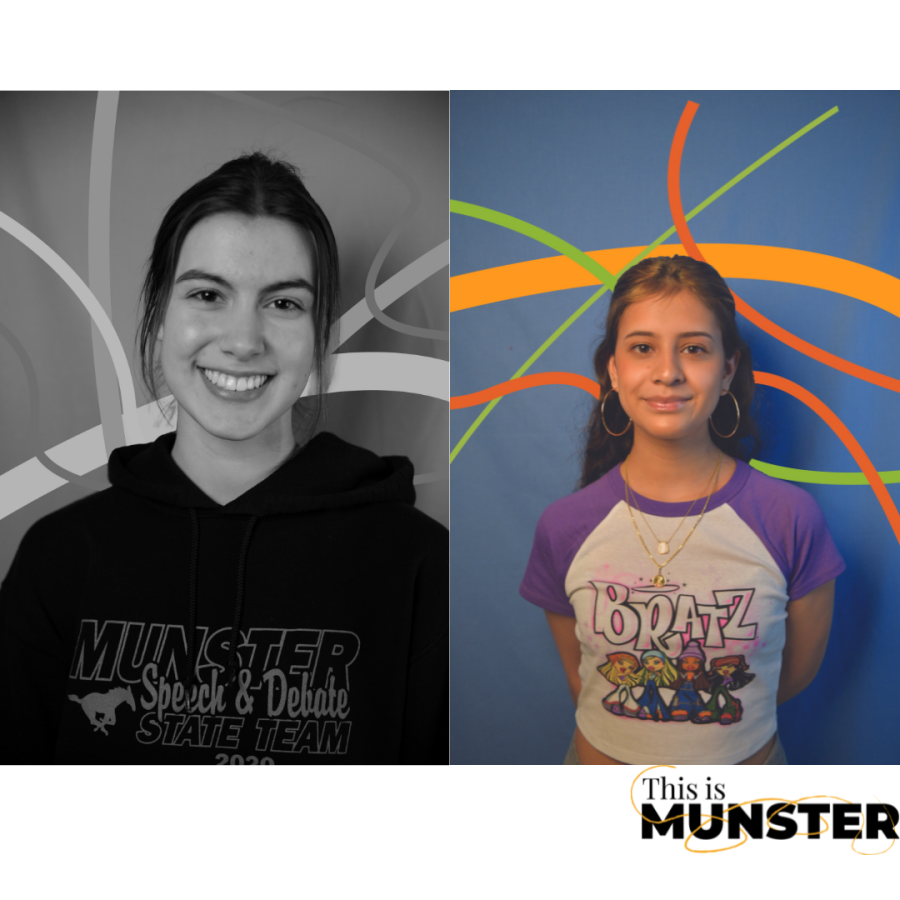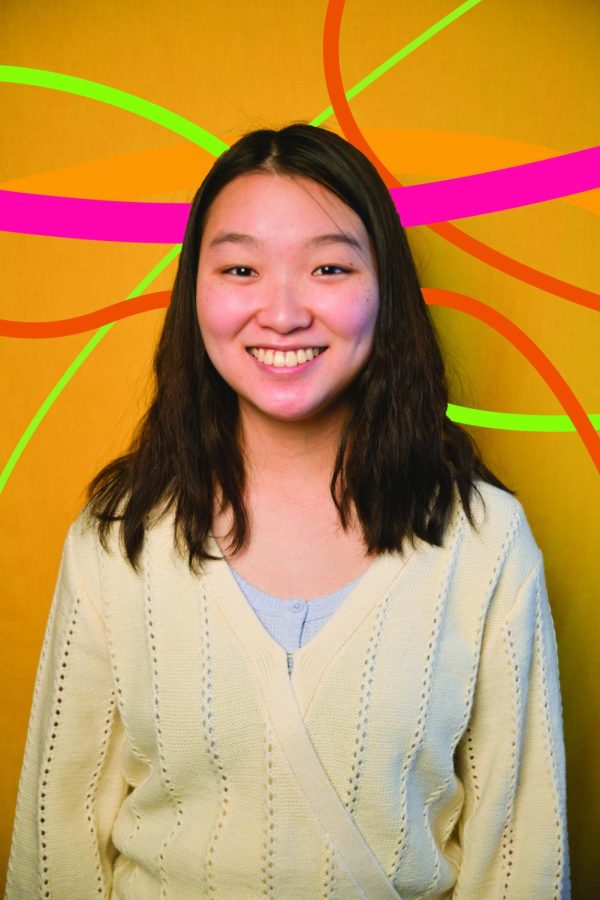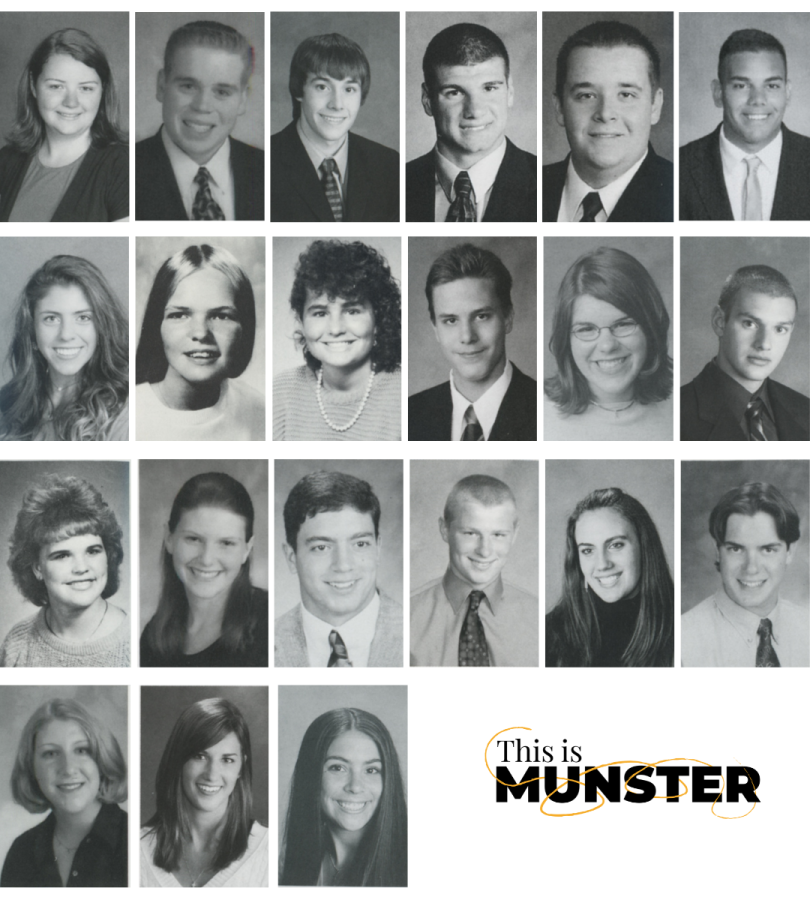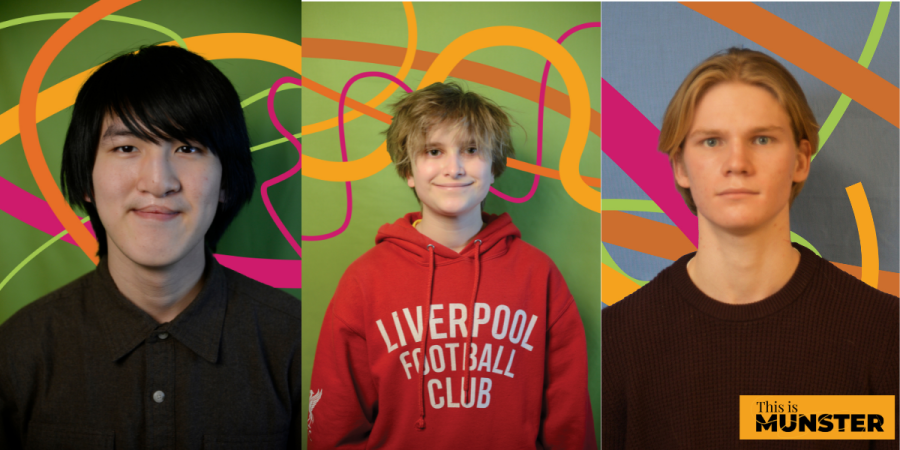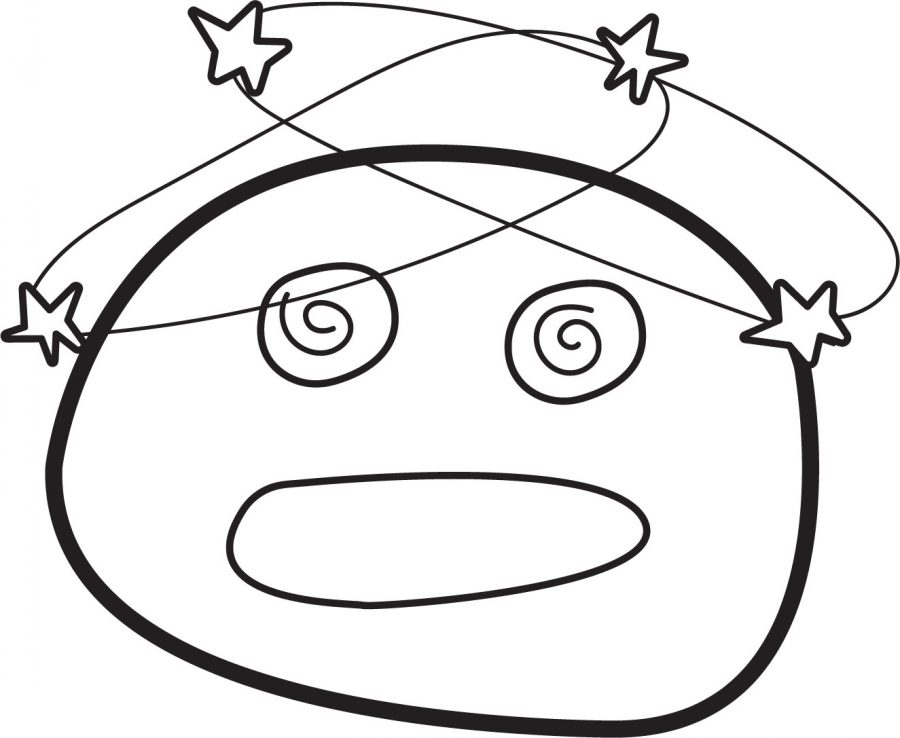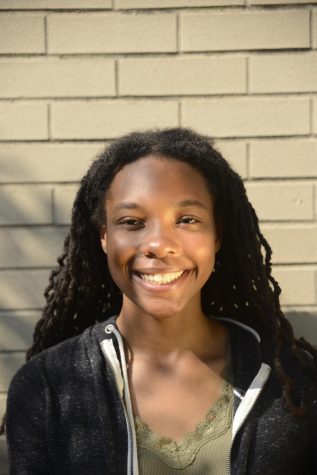CRIER NARRATIVE: Emotional motion sickness
March 10, 2021
Throughout my life, I’ve always felt motivated to be better—the better student, the better staff member and the better friend. Whether this meant nodding in agreement and laughing on cue, or being reliable, helpful and diligent in my work, the ultimate goal was always reaching a better end. Though a noble effort, this strive for perfection became intrinsically attached to my sense of self worth, and wholly shaped who I am today. This trend, of course, fluctuated throughout my high school career as I struggled to stop defining myself in terms of better or worse, and avoided using others as measures for success. However, the looming pressure of failure and isolation remained.
COVID-19, for better, but mostly worse, disturbed the very fabric of this identity. In all aspects of my life, but as a student journalist especially, the margin for failure became wide and the room for error became narrow. Constantly, the impending threat of failure consumed me—what was I worth if I could not brave even the toughest of challenges?

During a time when isolation was prevalent, and communication was becoming increasingly difficult, the new rhythm I found for myself was a constant rotation between bouts of extreme lack of motivation and lethargy, immediately followed by intense, guilt-driven fixations on school work, extracurriculars and personal “passion projects.” This false sense of productivity only served to further damage any semblance of identity I had. From the abrupt end of last school year to the beginning of this one, every new challenge faced made me feel as if I were lurching in unstable waters with an increasing sense of emotional motion sickness.
Despite my waning sense of self, and the crumbling empire of esteem I had built along with it, I eventually found solace in the consistent cycle of work thrown at me. I succeeded in my failure—challenges that were once insurmountable remained intimidatingly insurmountable, but now my only option left was to overcome them.
Interviewing others, especially, offered an unexpected comfort in an otherwise dreary world of decreasing motivation. Though awkward and unfamiliar, the email coordination of scheduling interviews became routine, and the subsequent conversation, though forced, offered a needed intervention of human connection.
After continued practice in the art of virtual interviews, I soon realized that the utter awkwardness of Zoom interviews represents what this past year with COVID-19 has been—a mishmash of shaky starts and clumsy endings. Despite the whirlwind of changes that completely shifted my self-constructed expectations, and left me teetering without any real direction, I eventually found a renewed rhythm in the chaos. The looming threat of failure and inadequacy that once characterized the challenges of the pandemic were replaced with a drive for better.

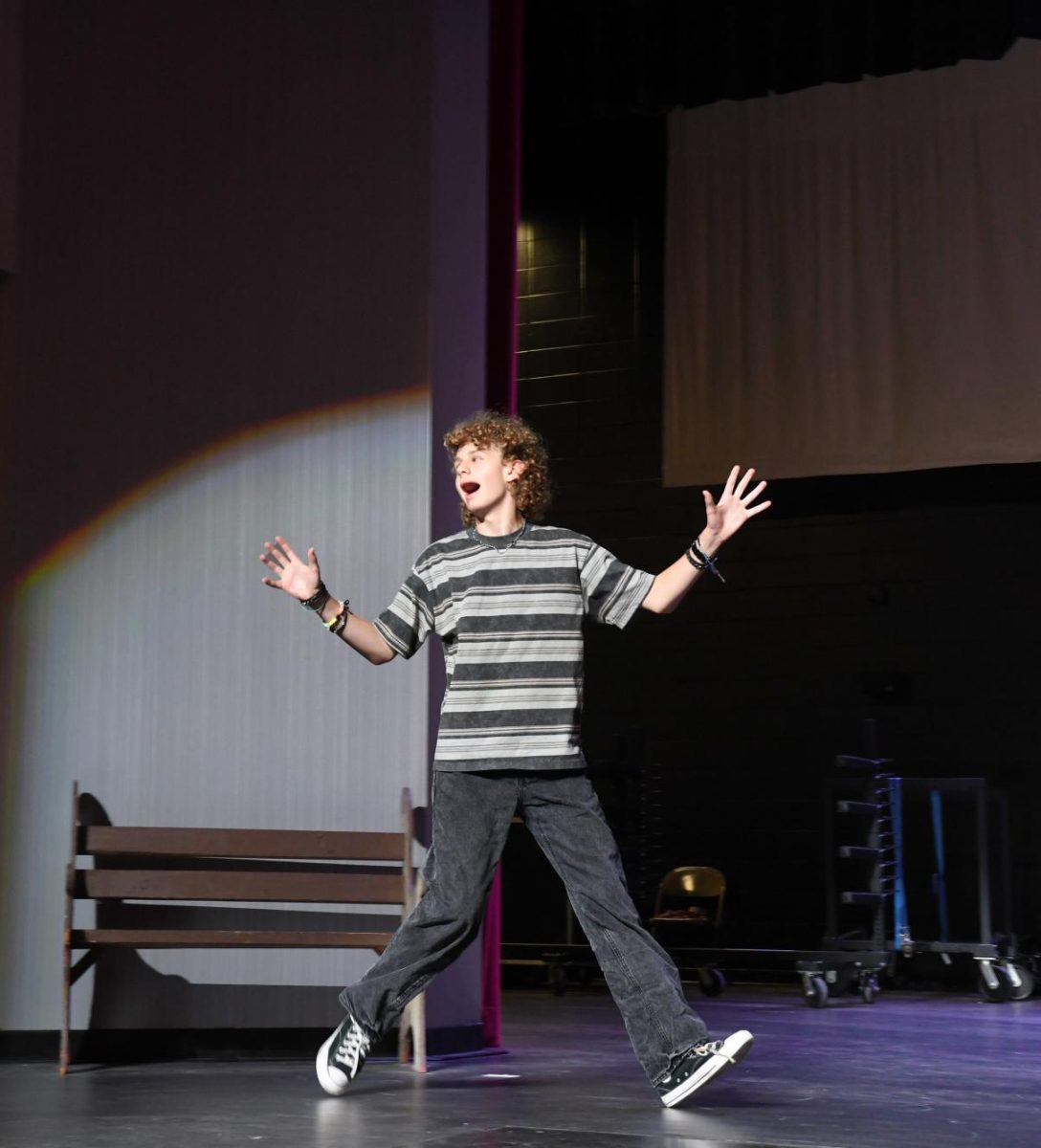


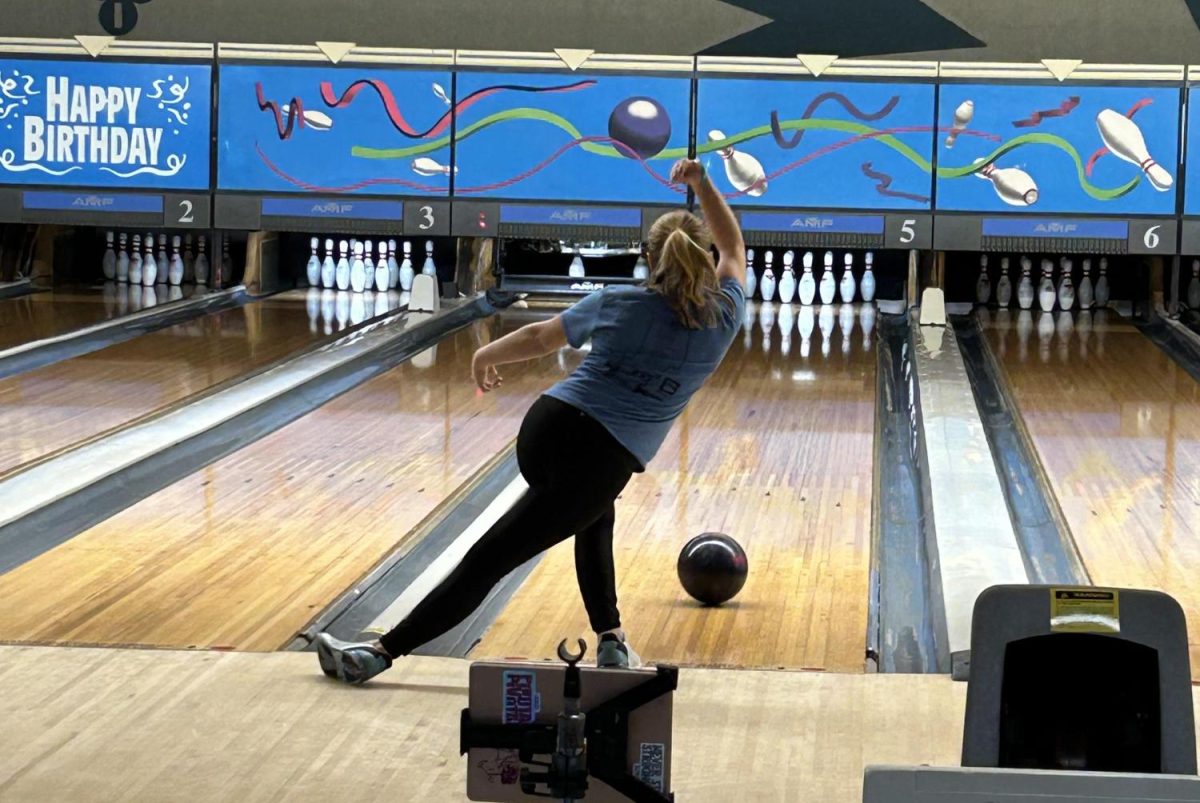
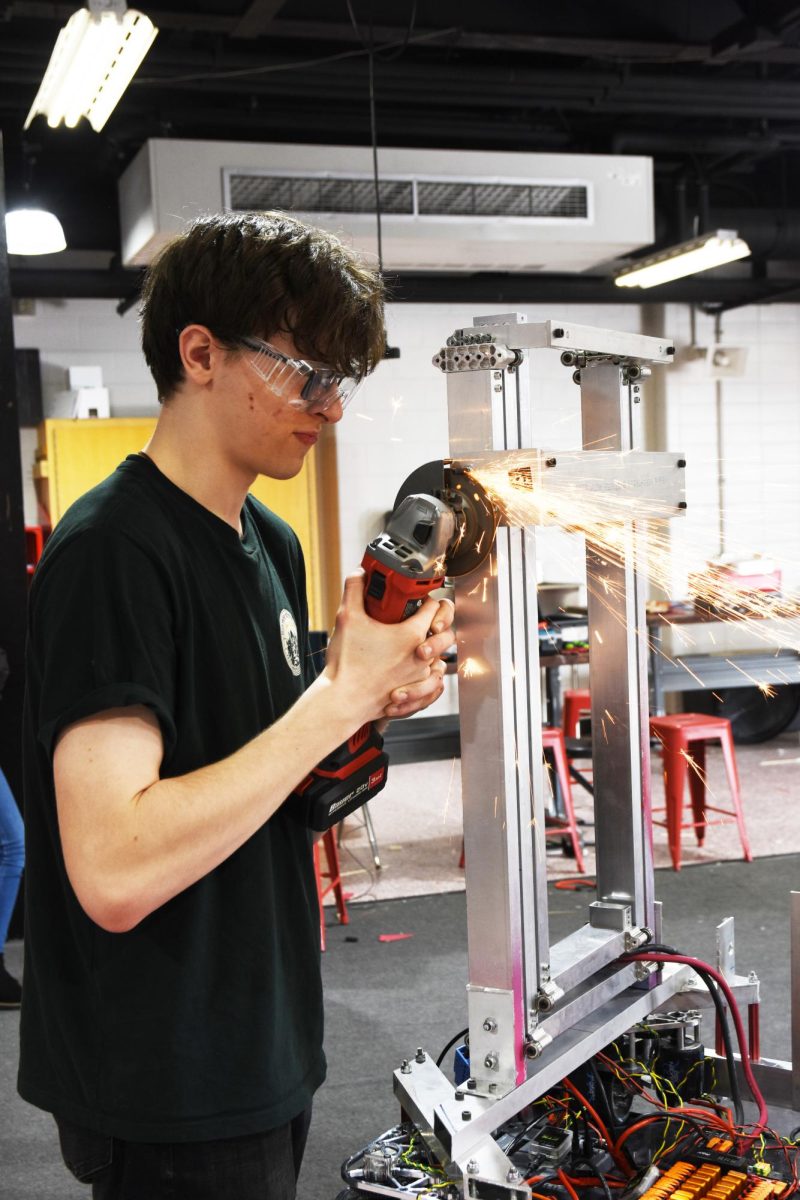
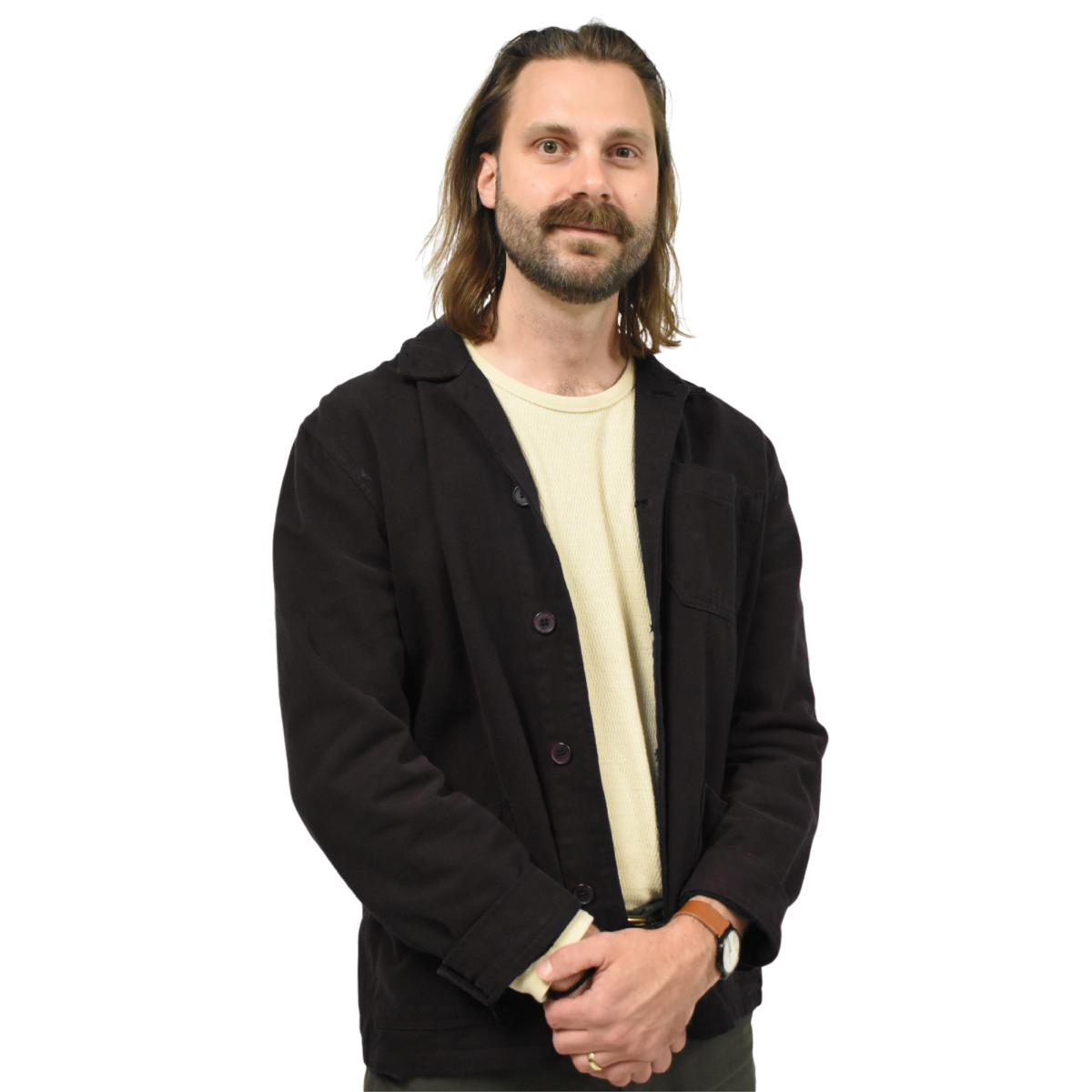

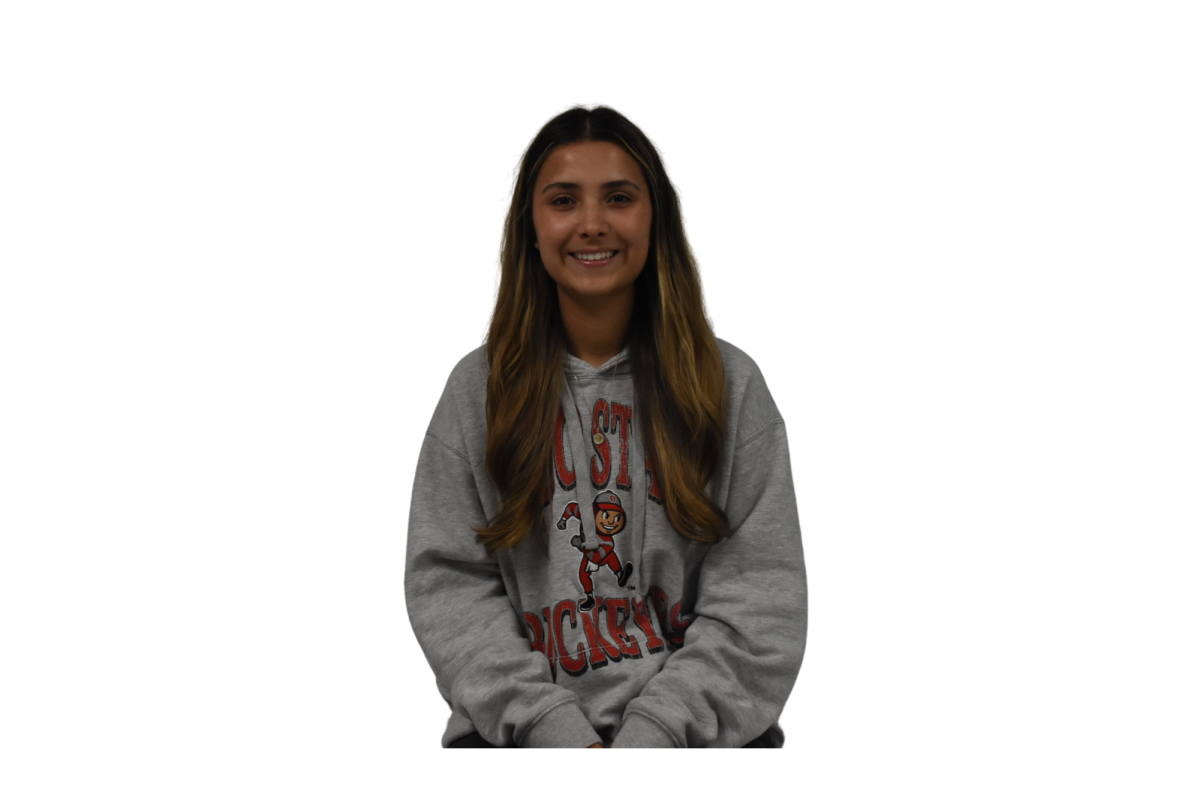

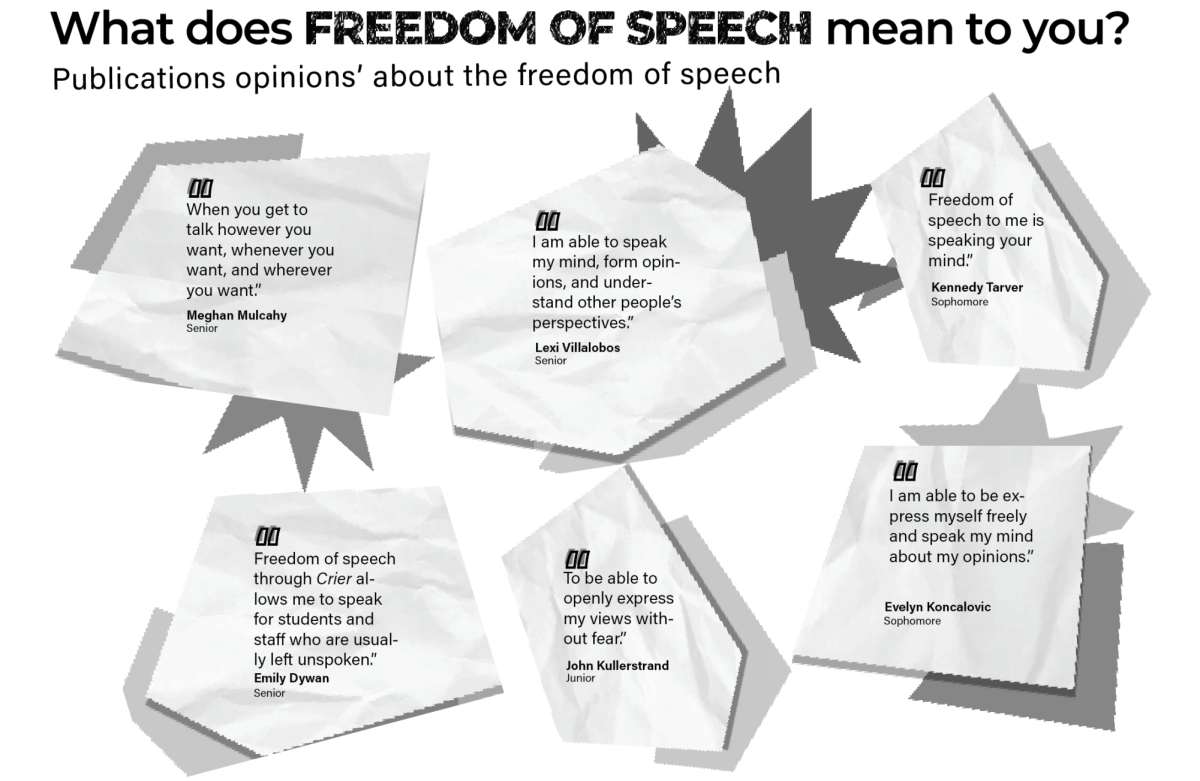


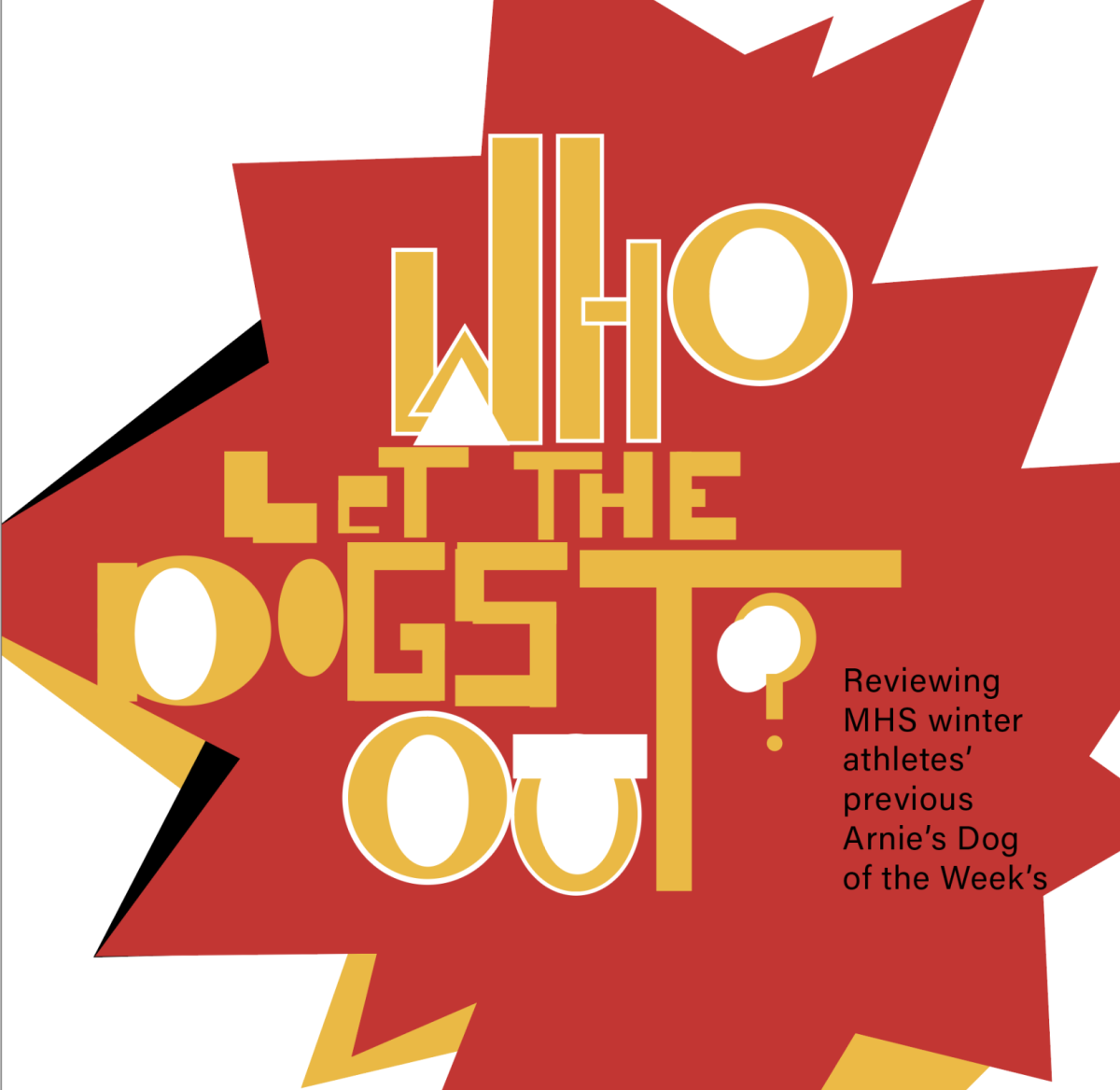
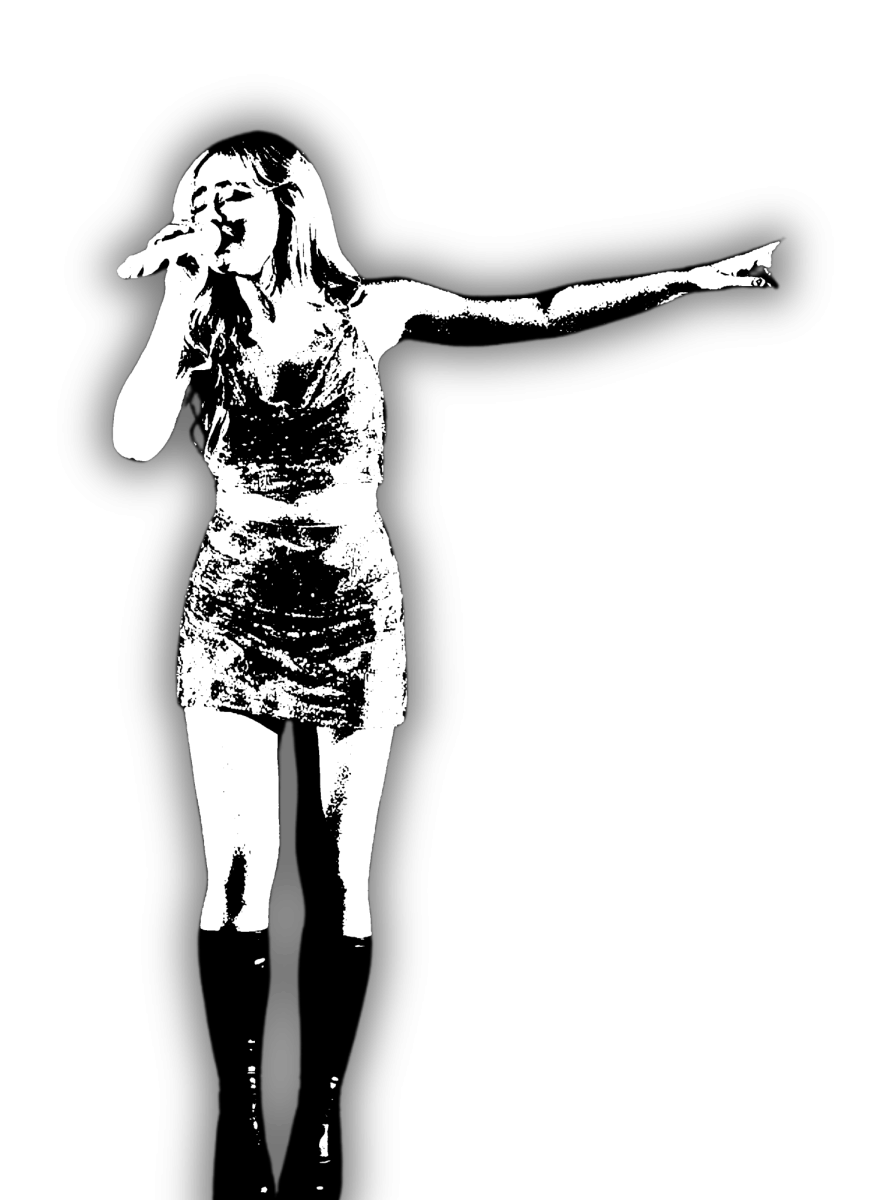

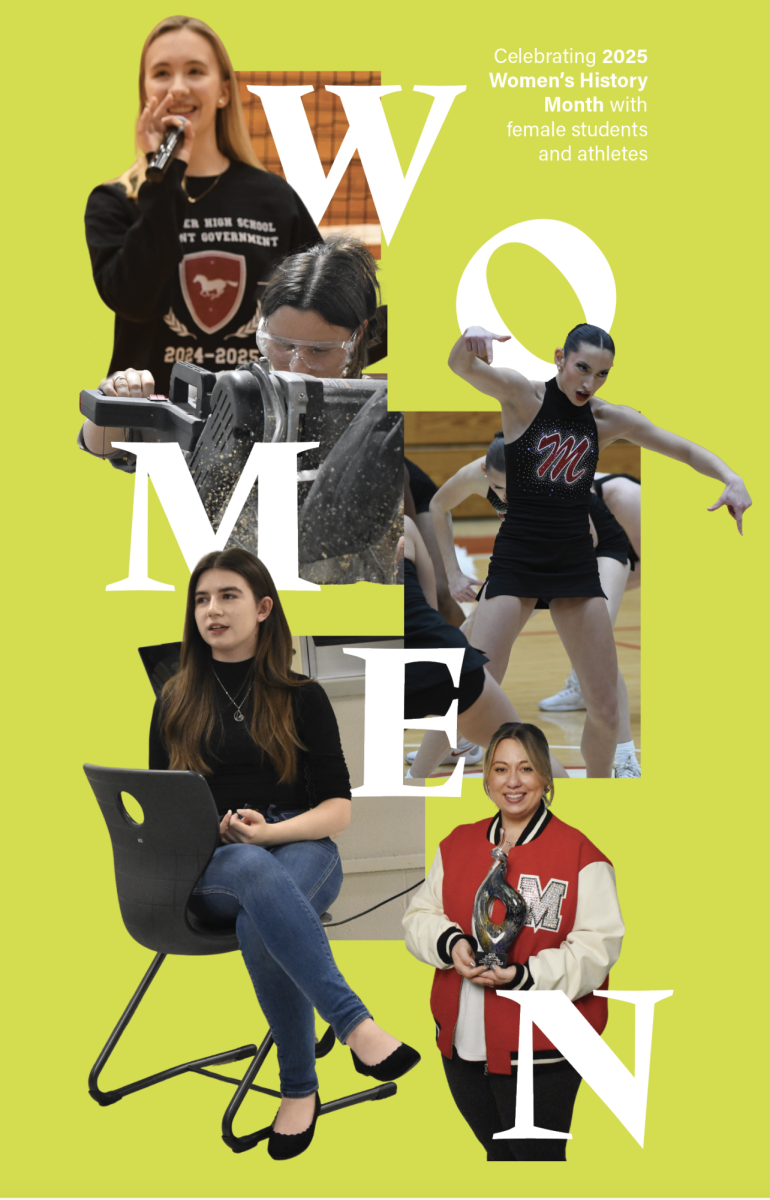
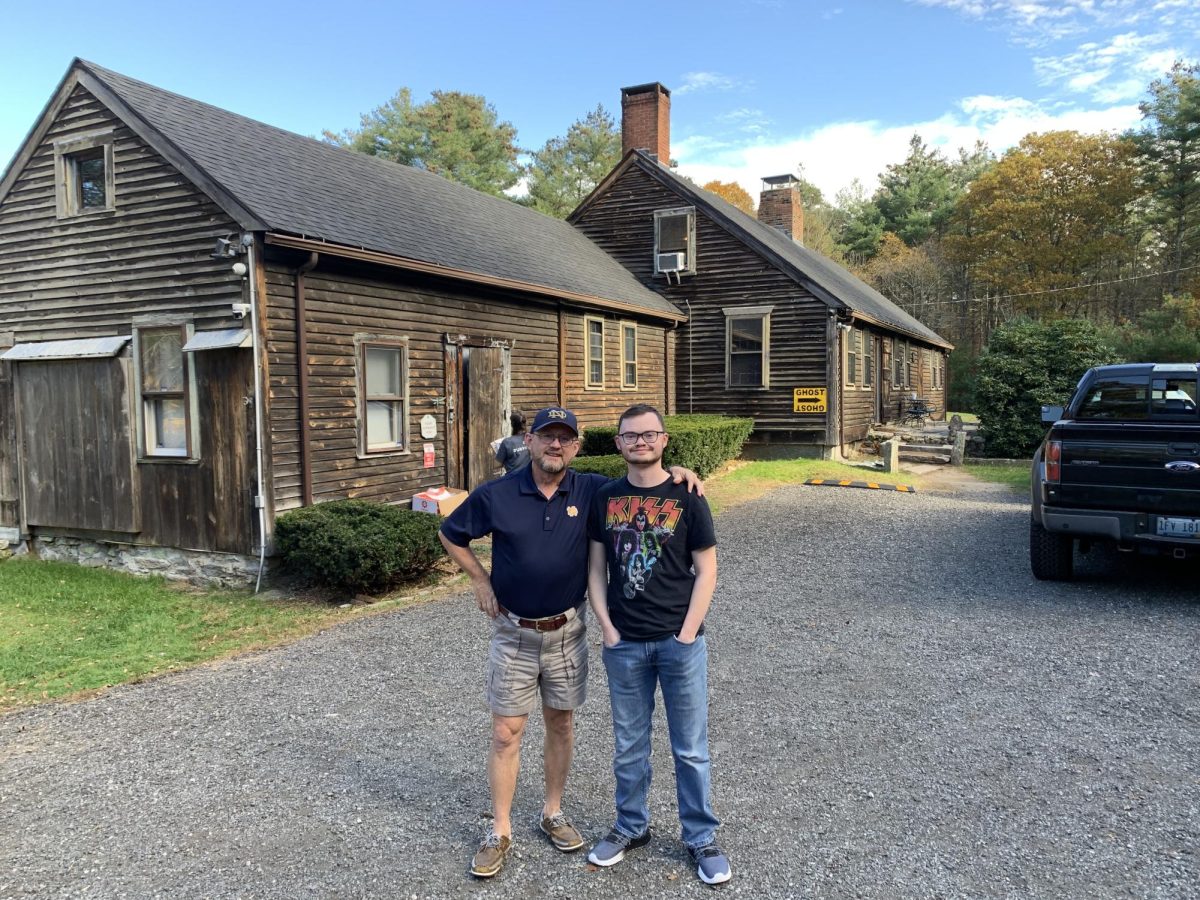
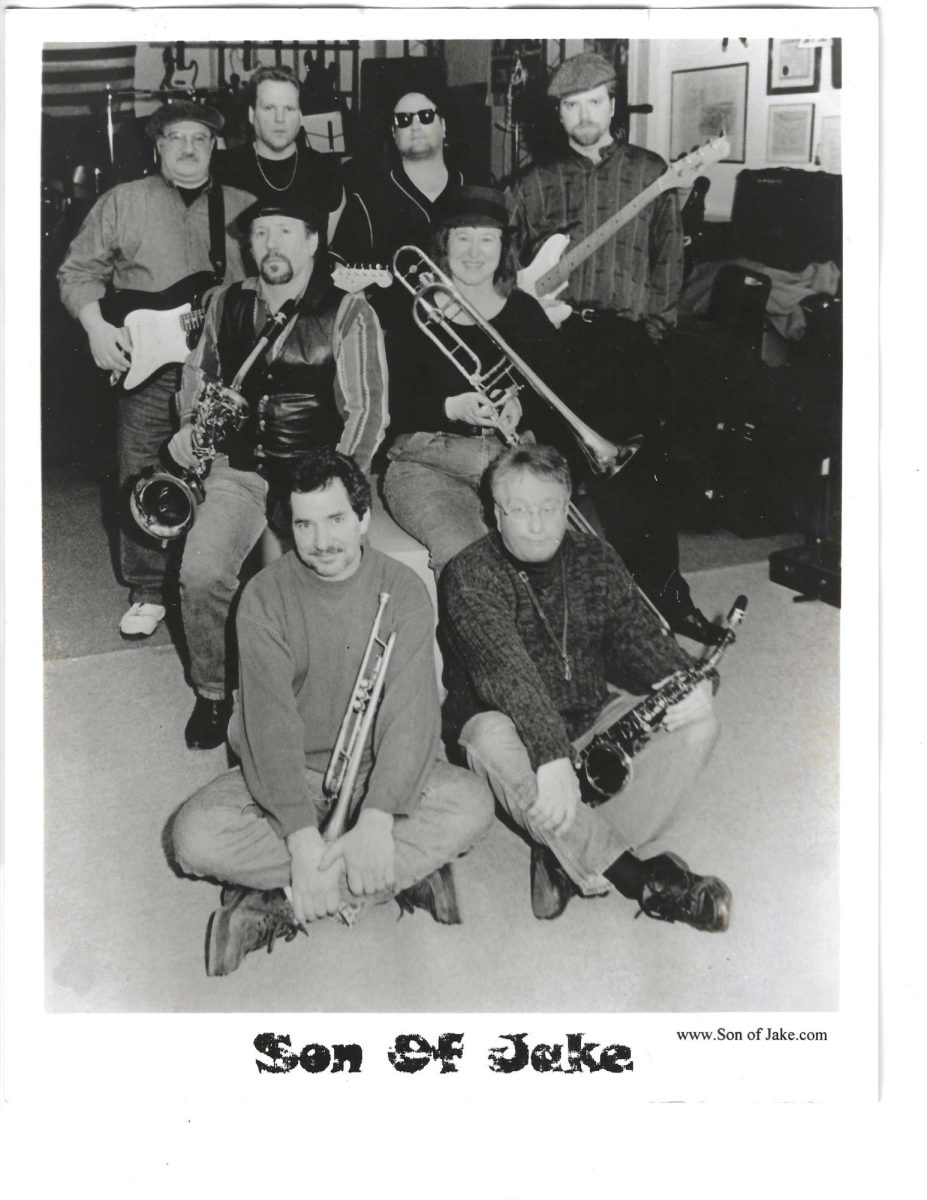
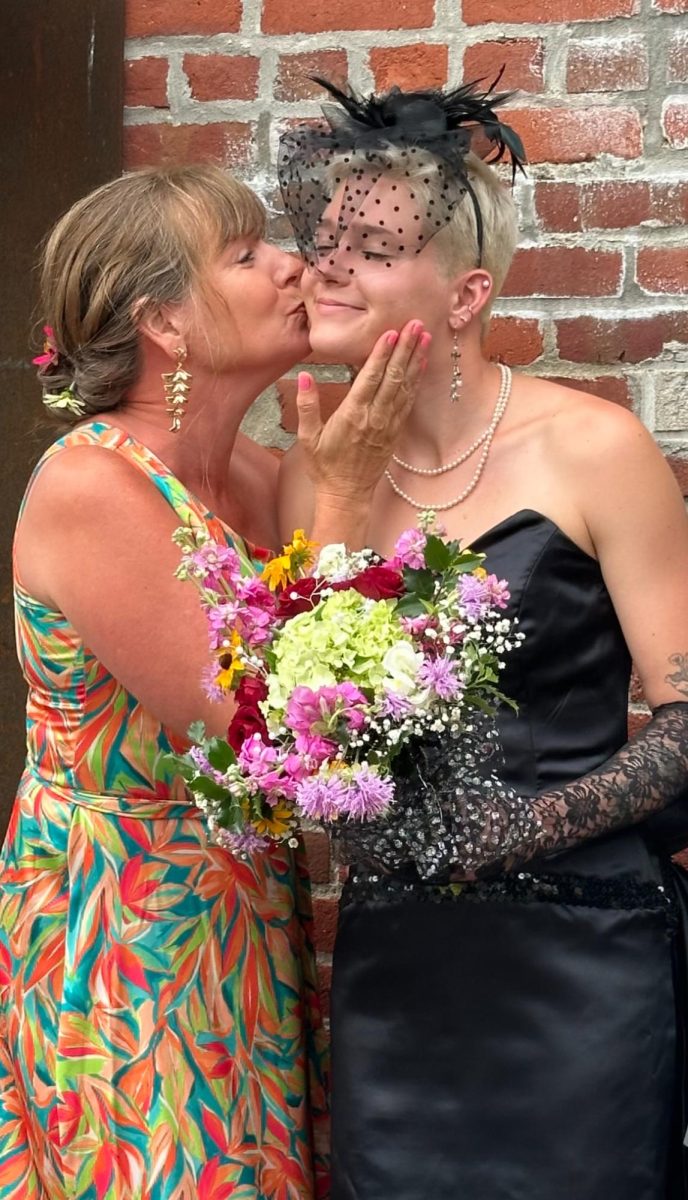

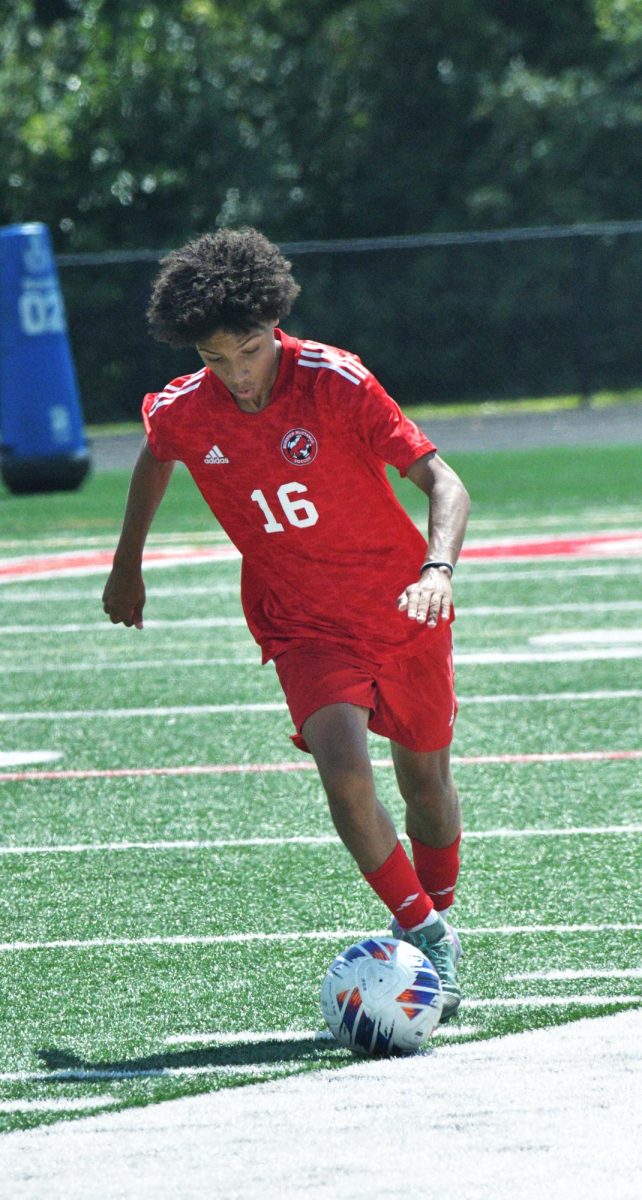
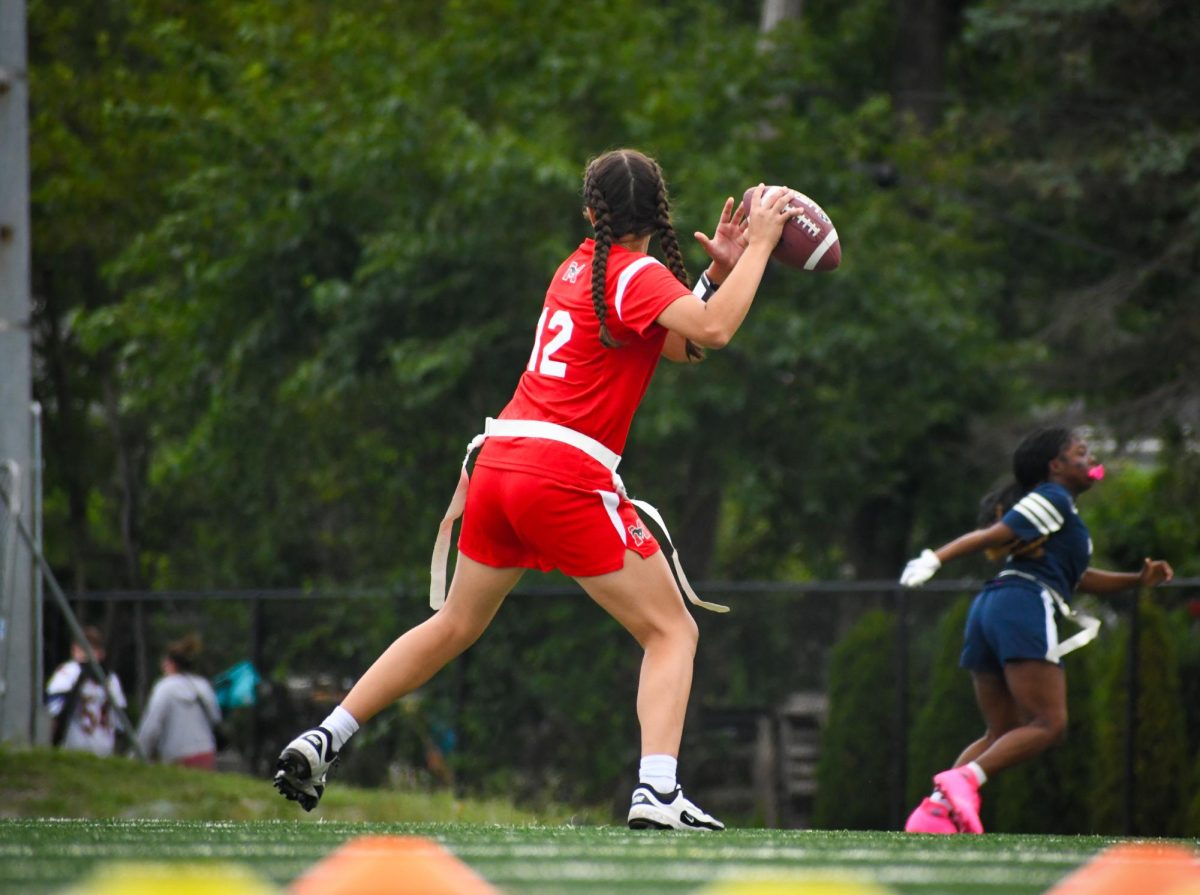
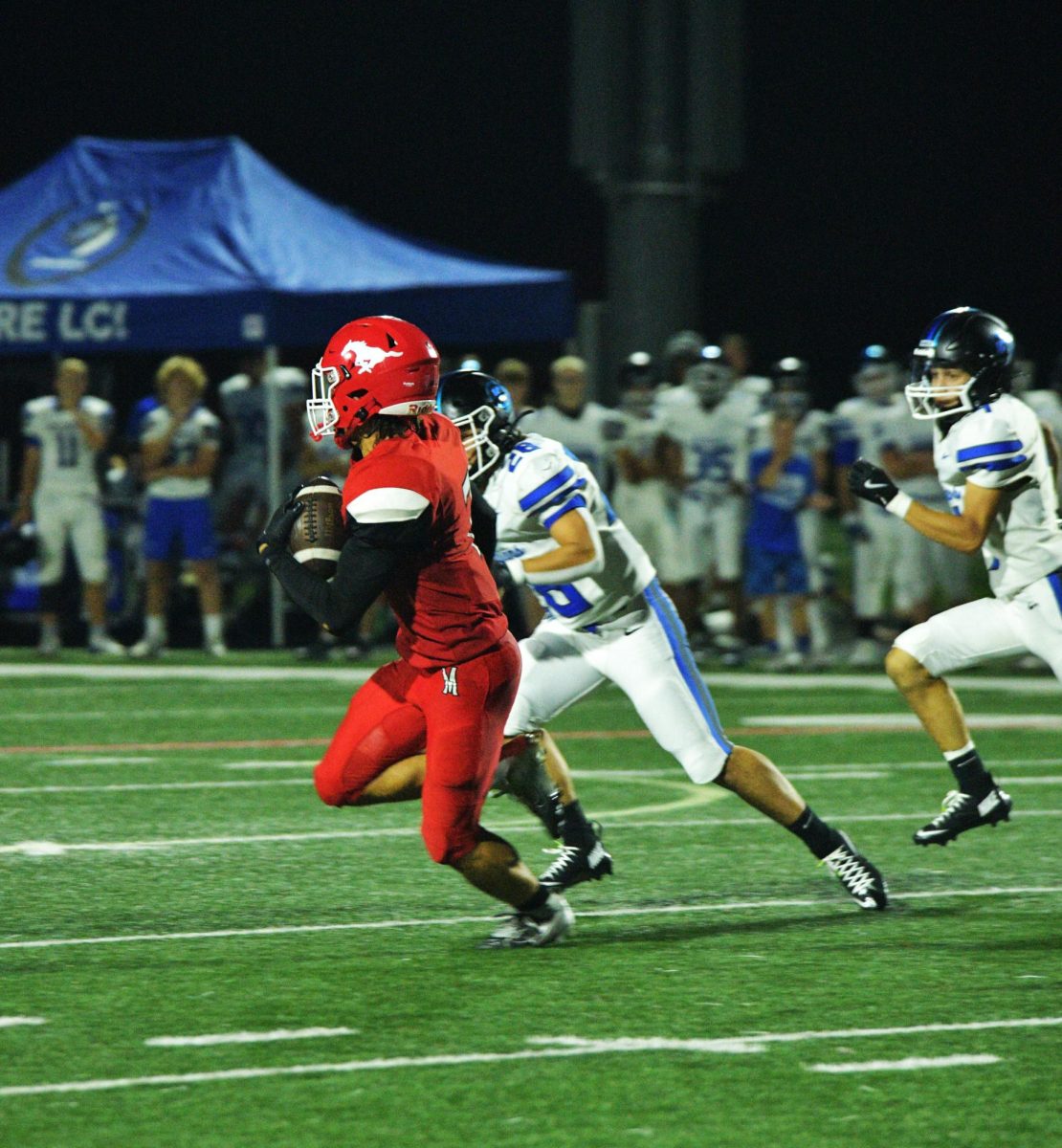
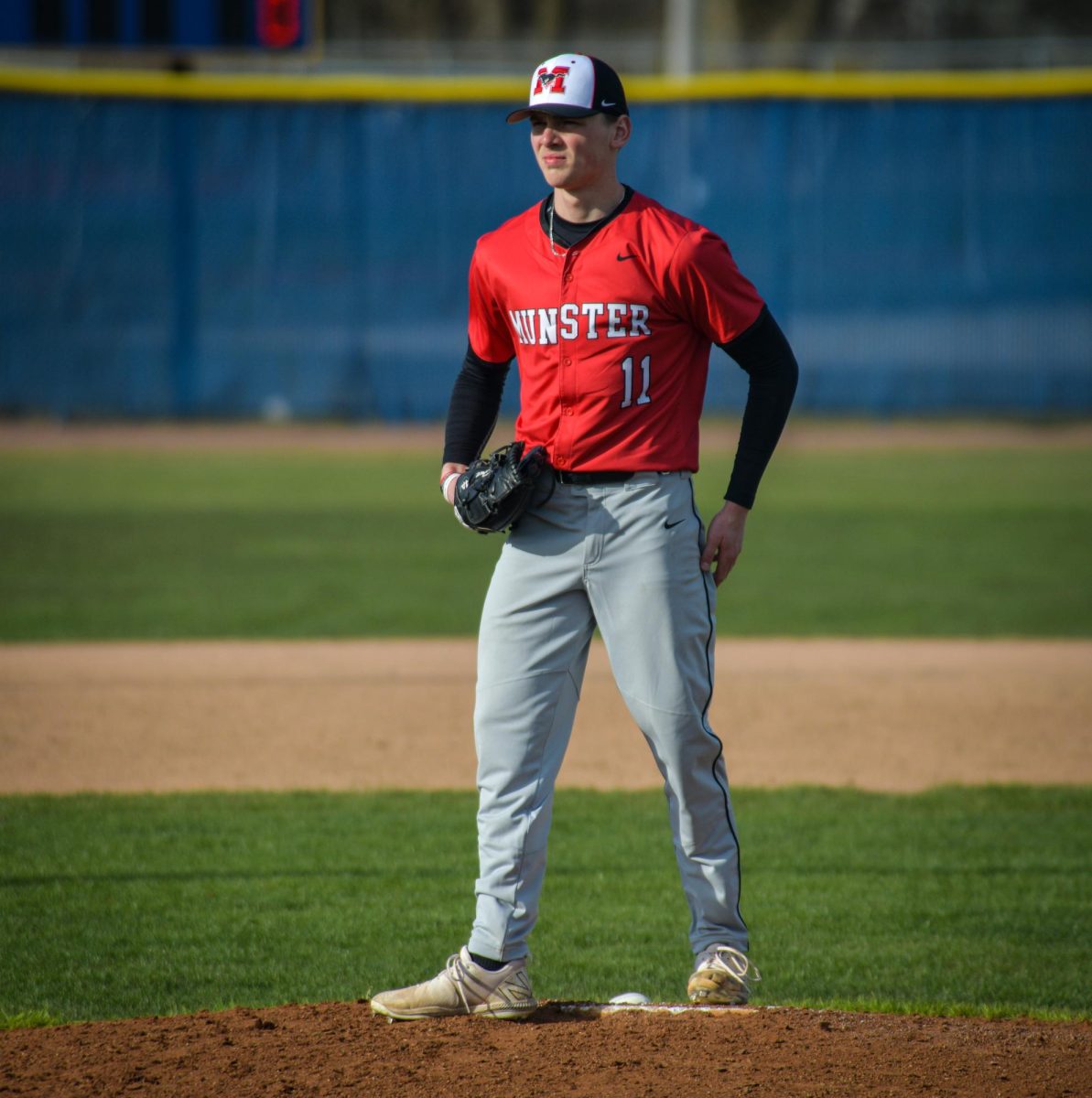
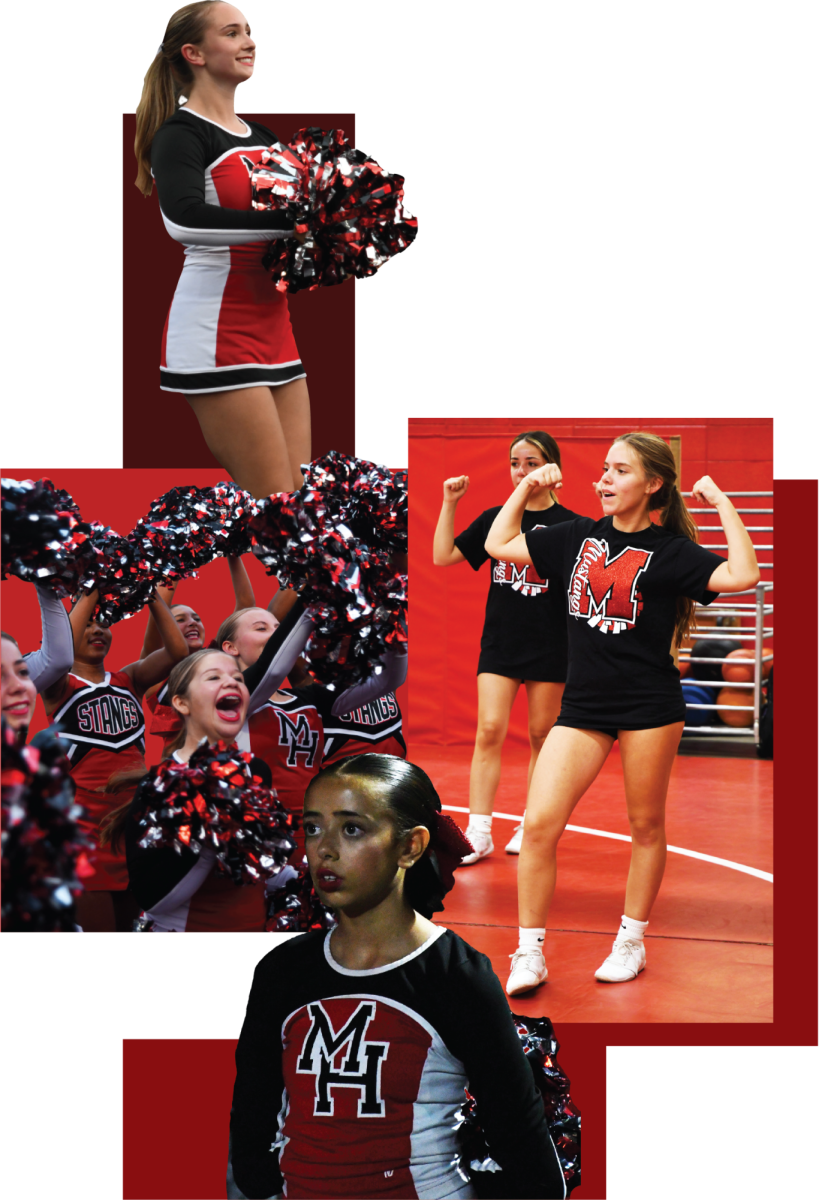
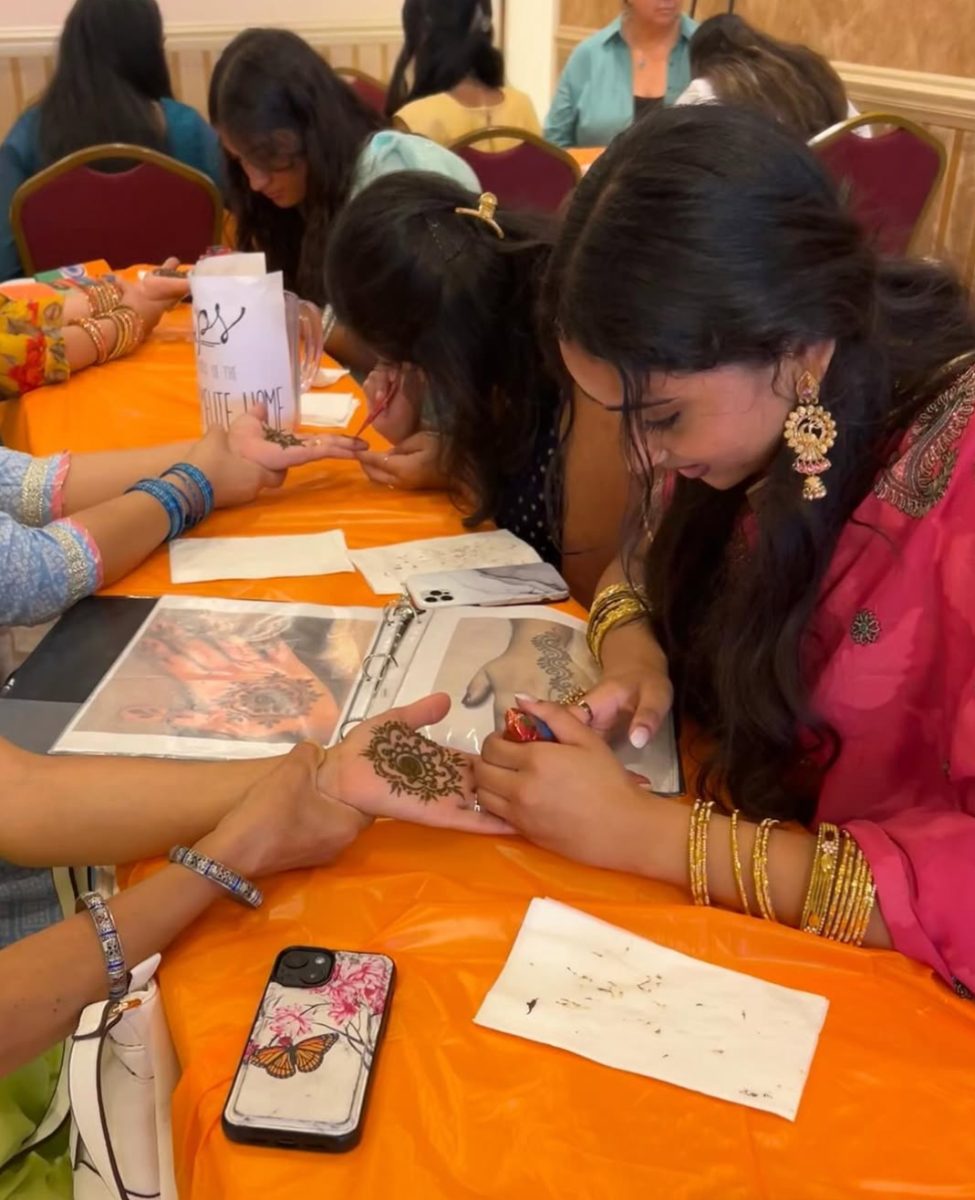

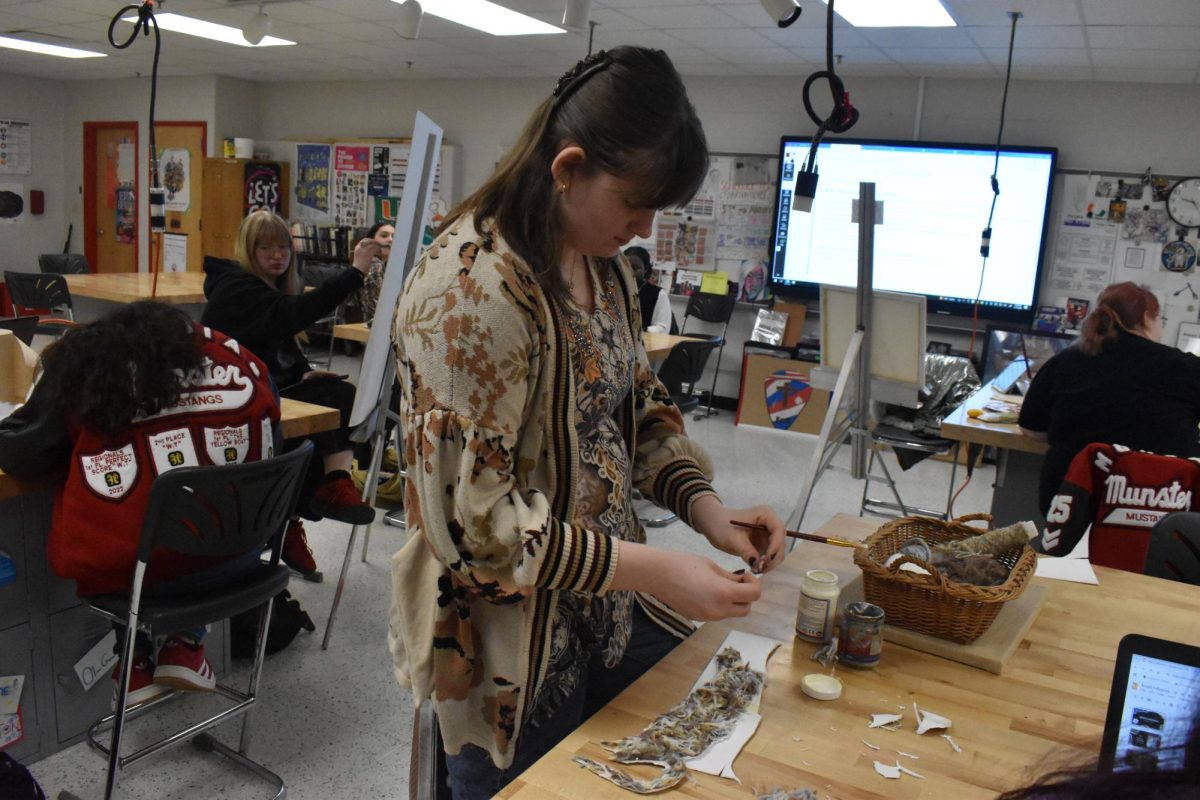
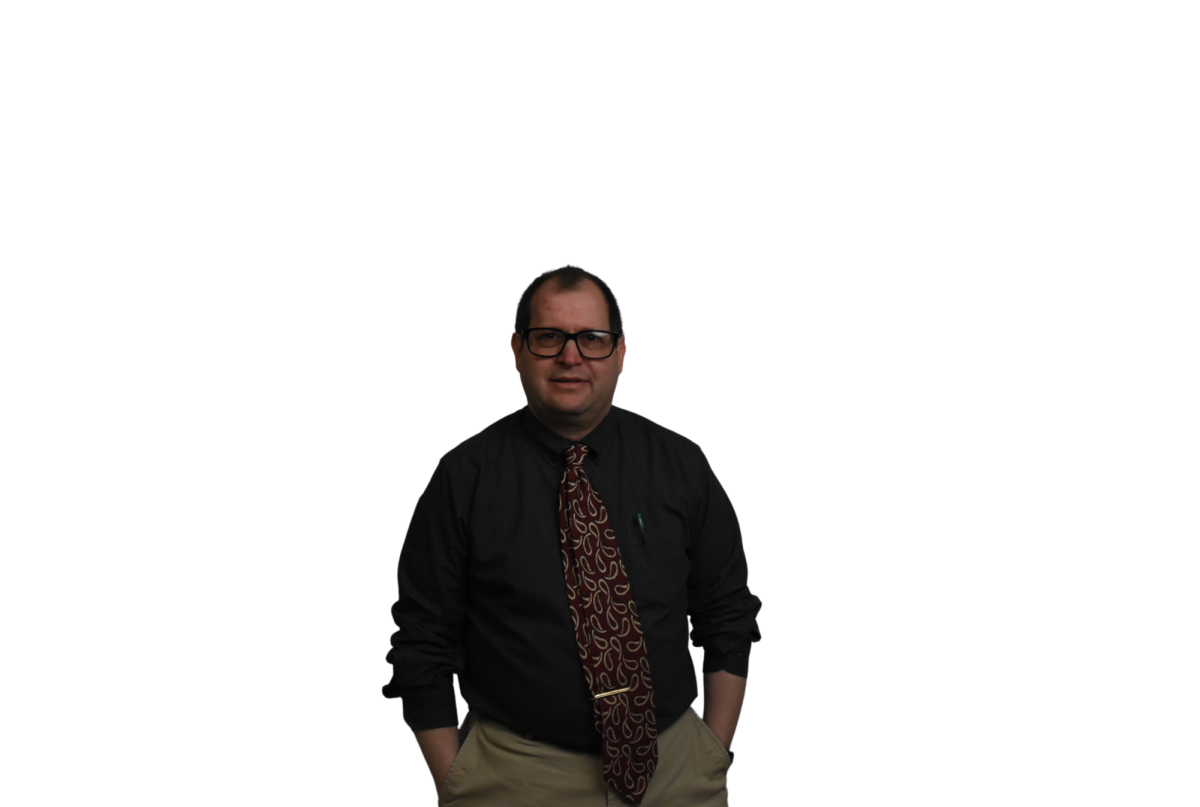
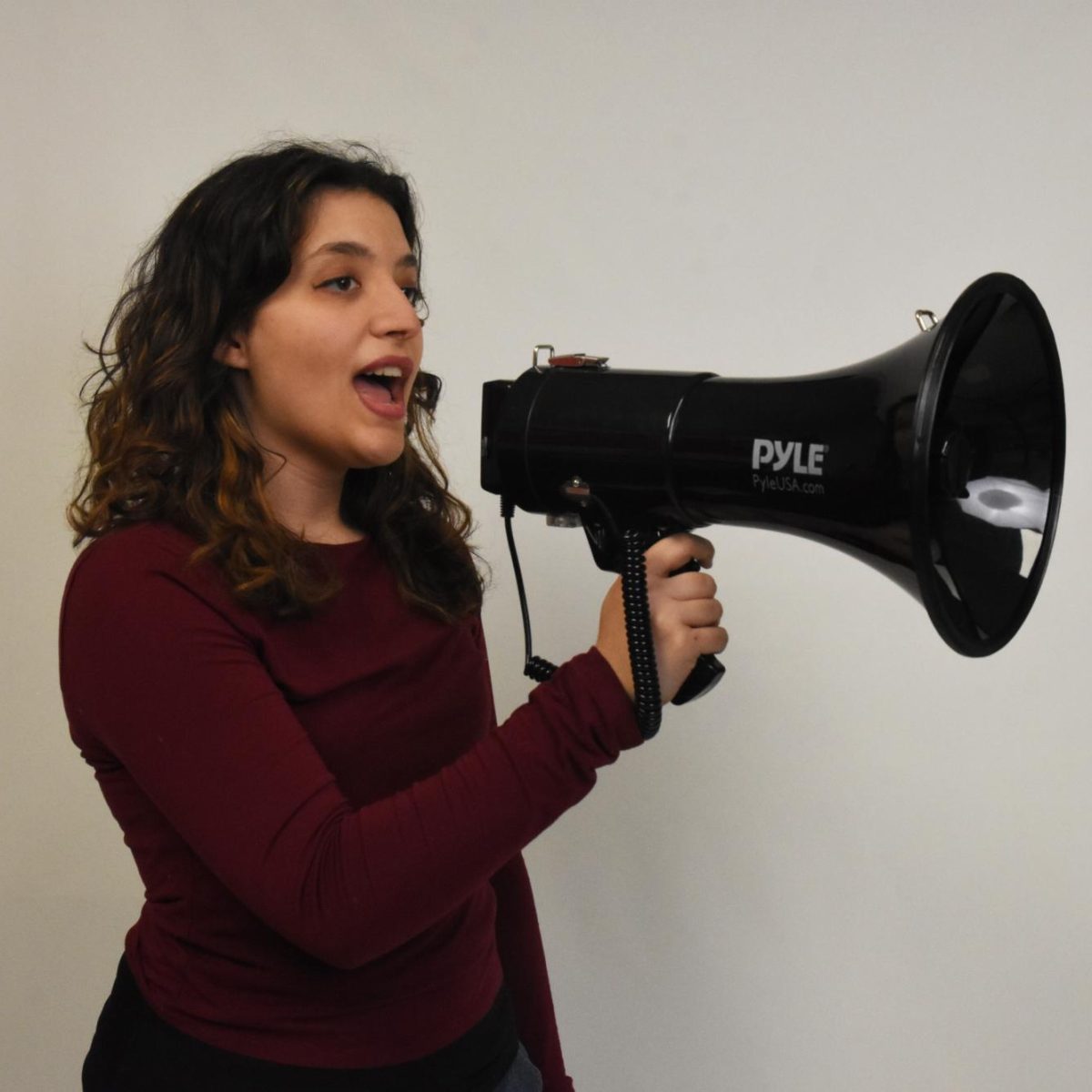
![SNAP HAPPY Recording on a GoPro for social media, senior Sam Mellon has recently started a weekly sports podcast. “[Senior] Brendan Feeney and I have been talking about doing a sports podcast forever. We love talking about sports and we just grabbed [senior] Will Hanas and went along with it,” Mellon said.](https://mhsnews.net/wp-content/uploads/2025/04/sam-892x1200.png)
